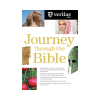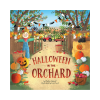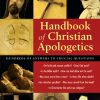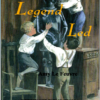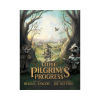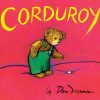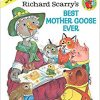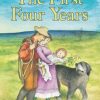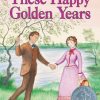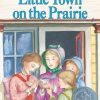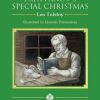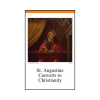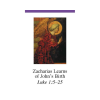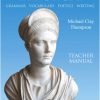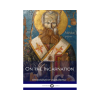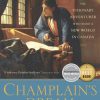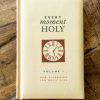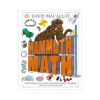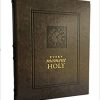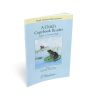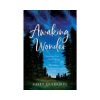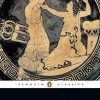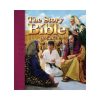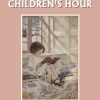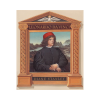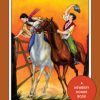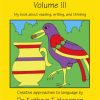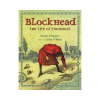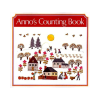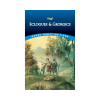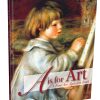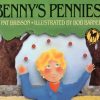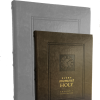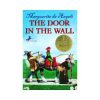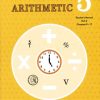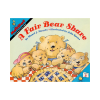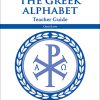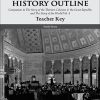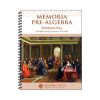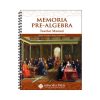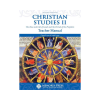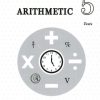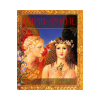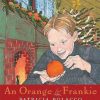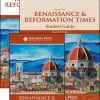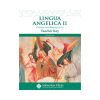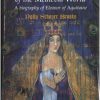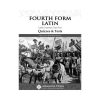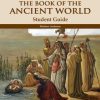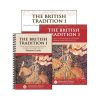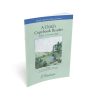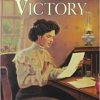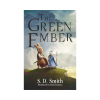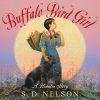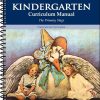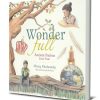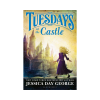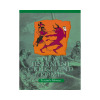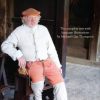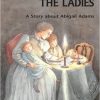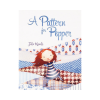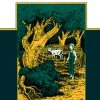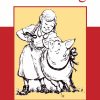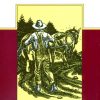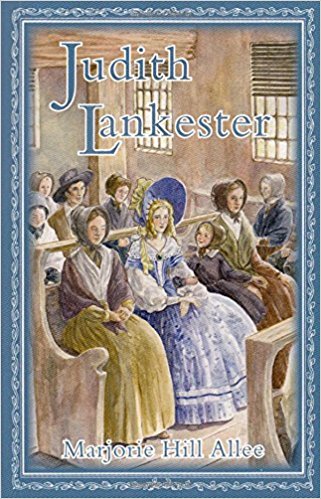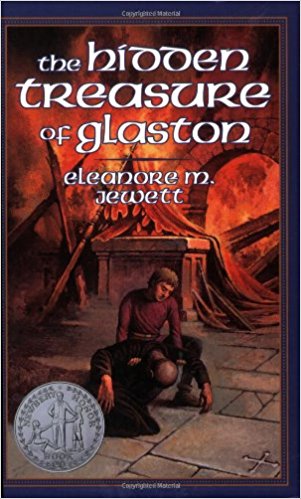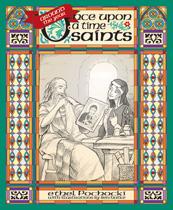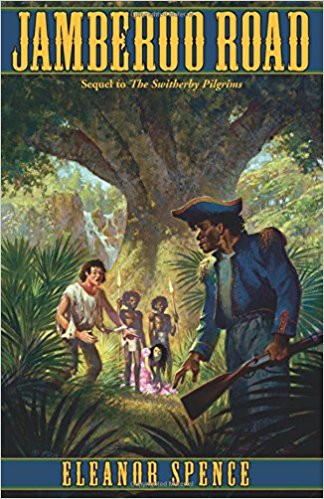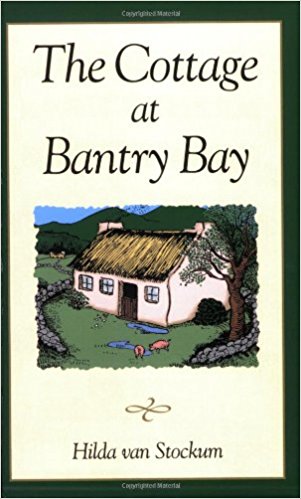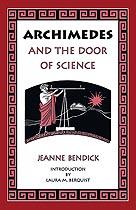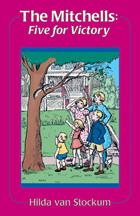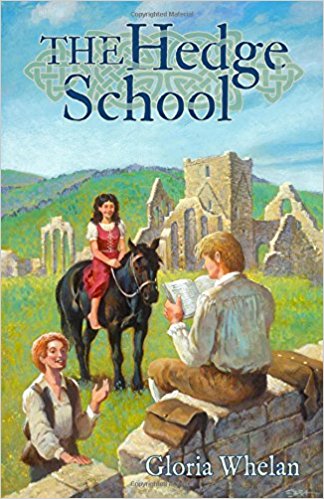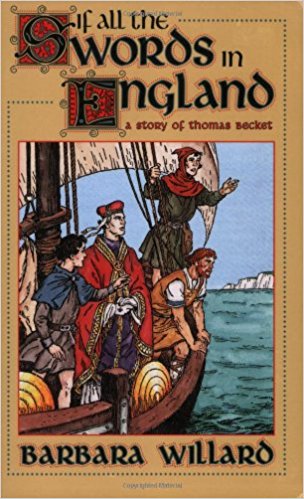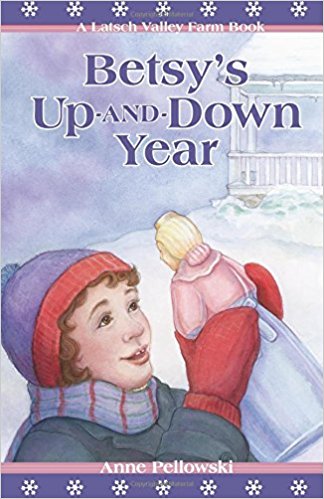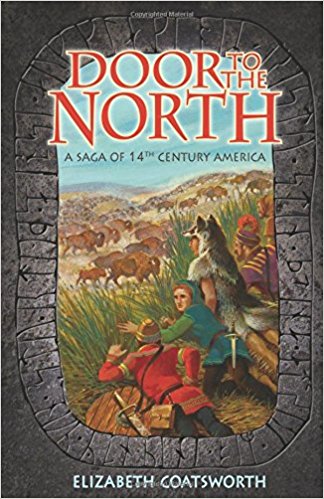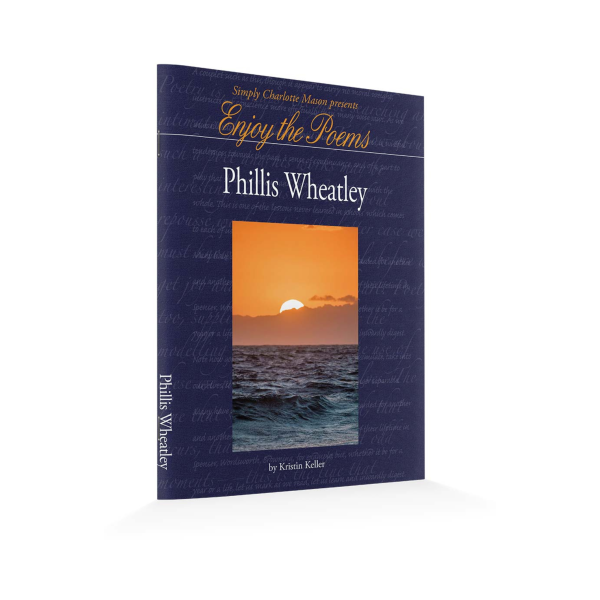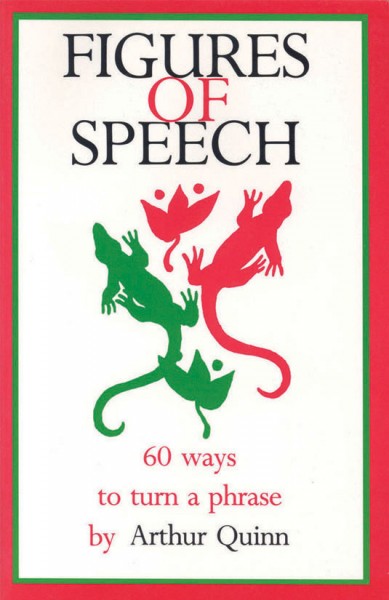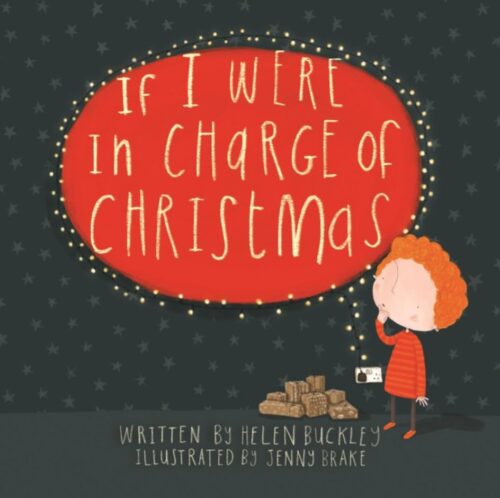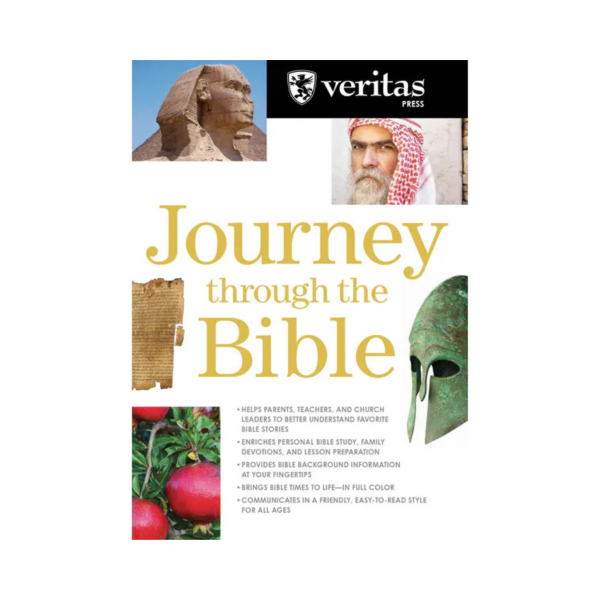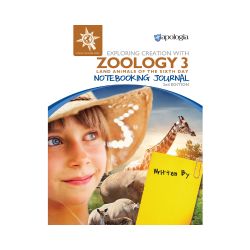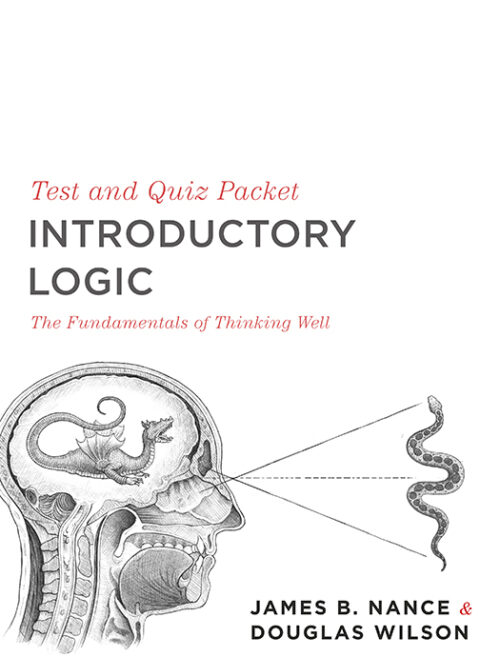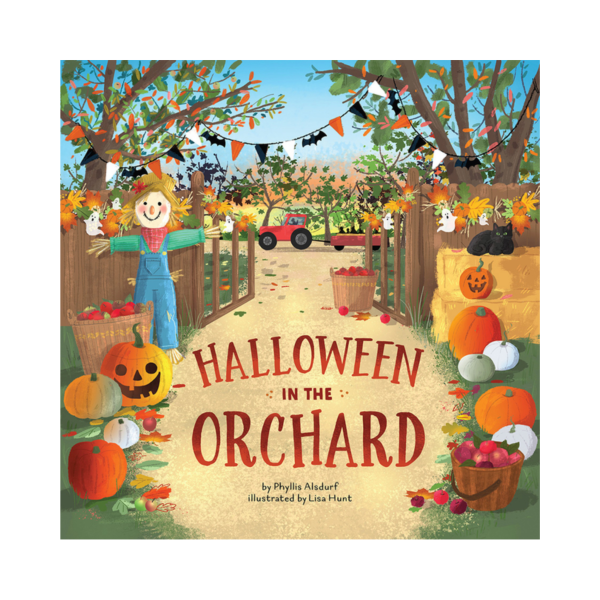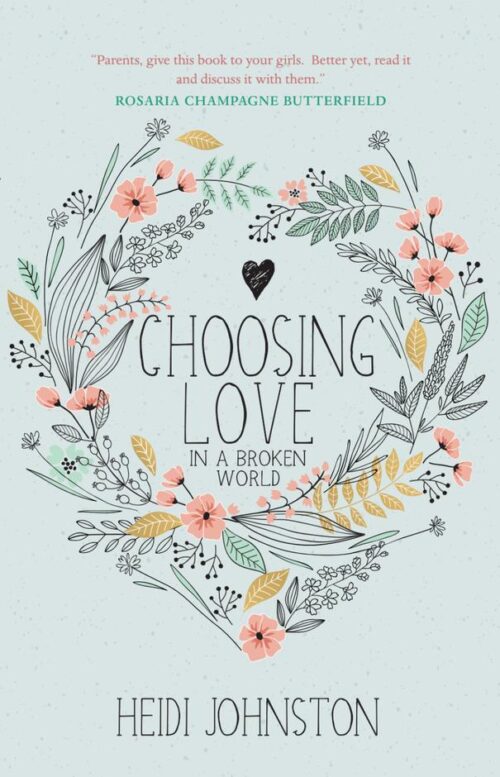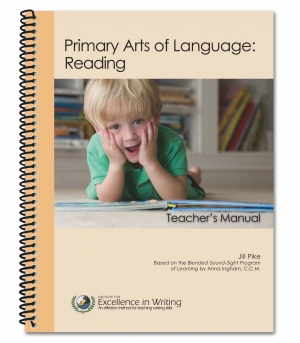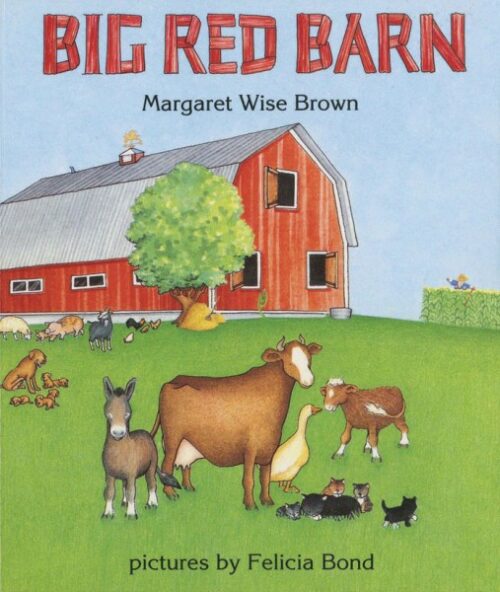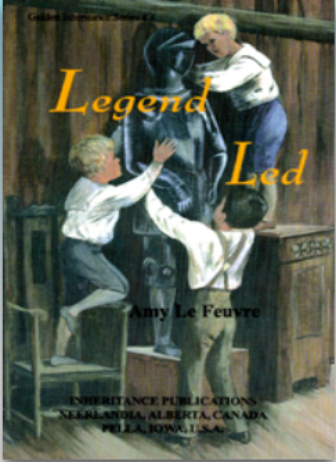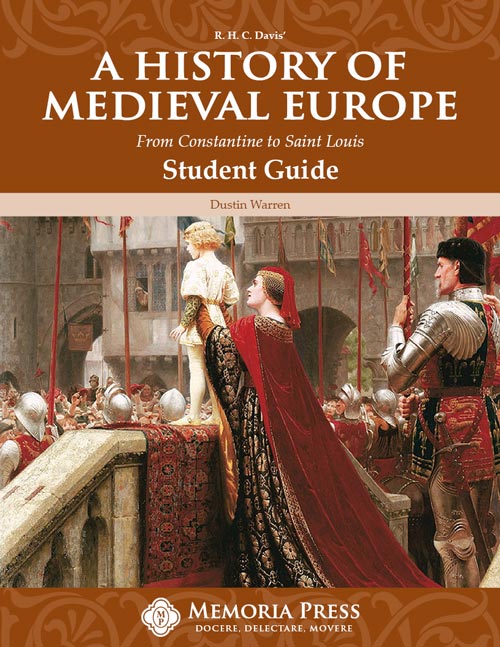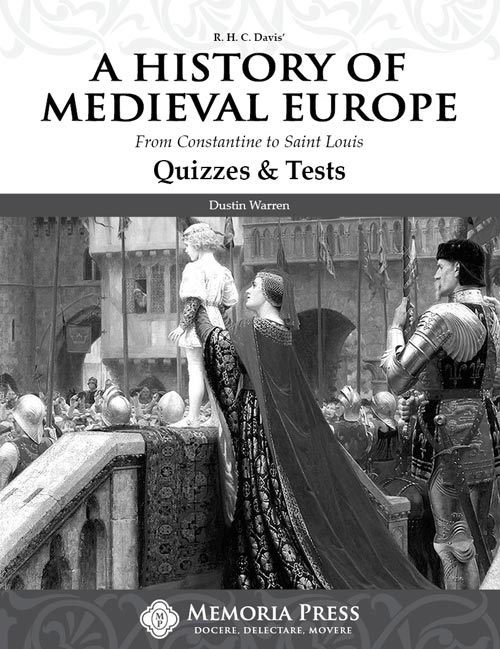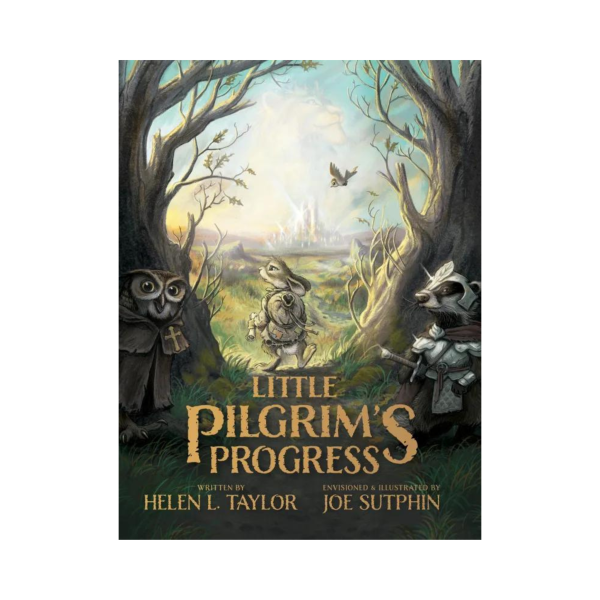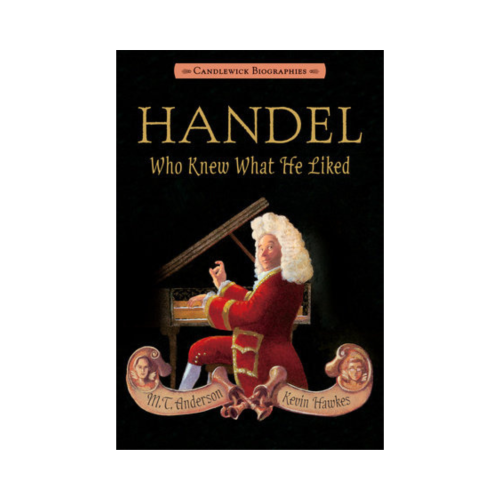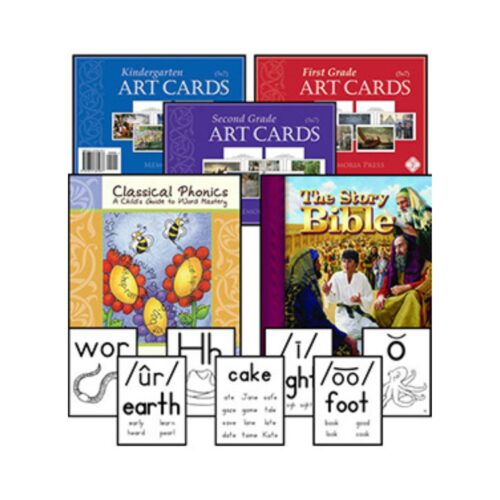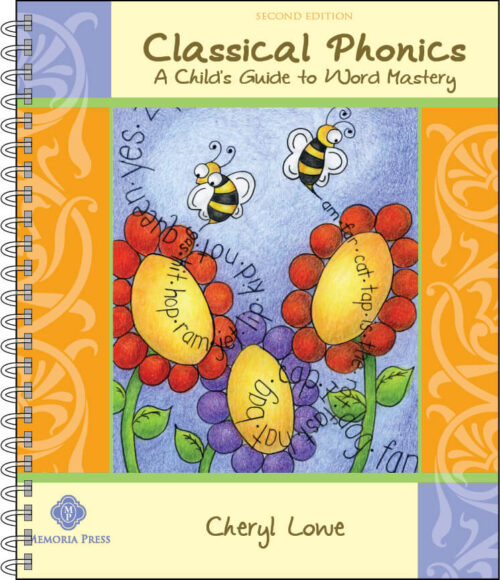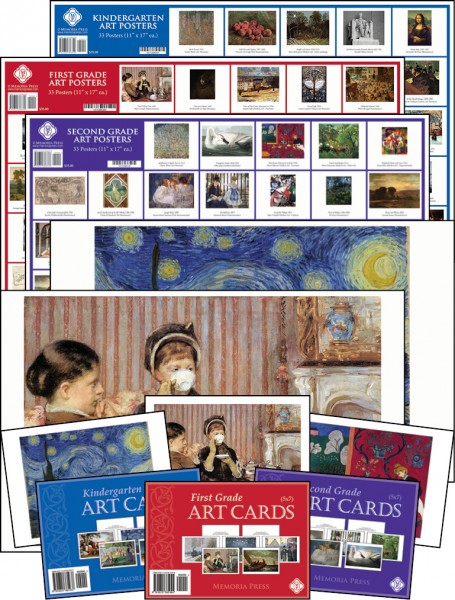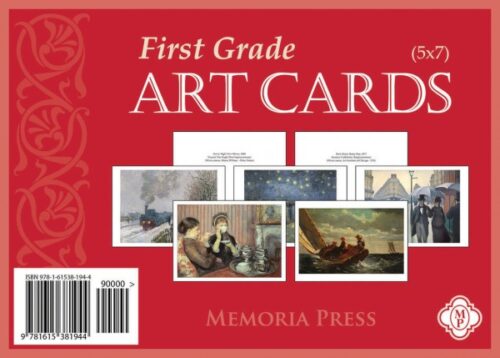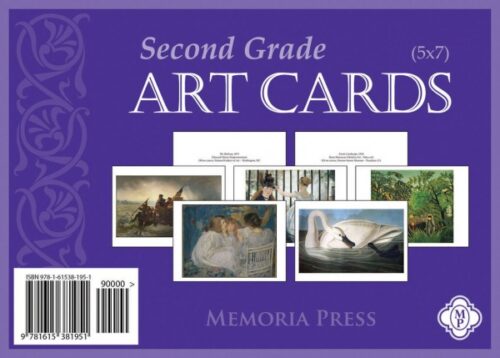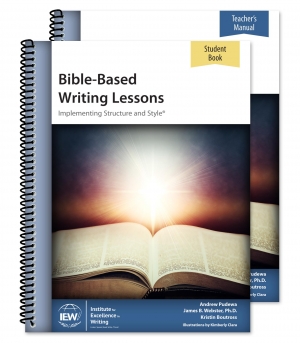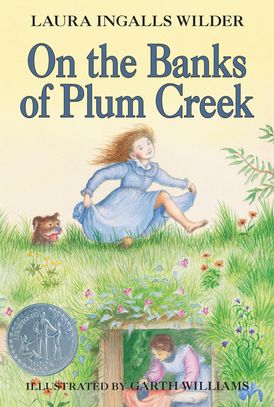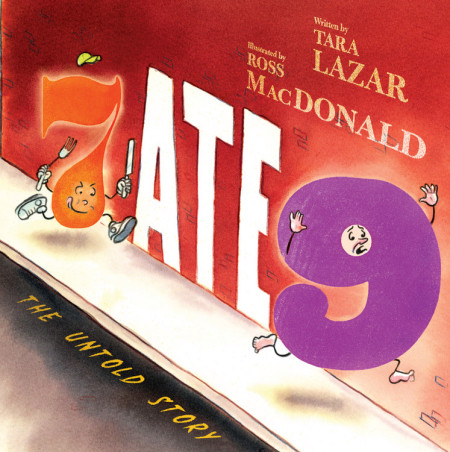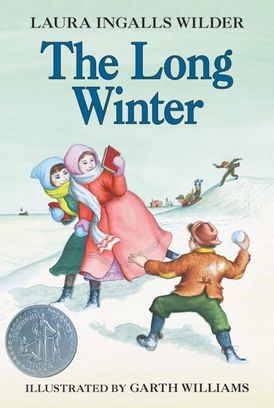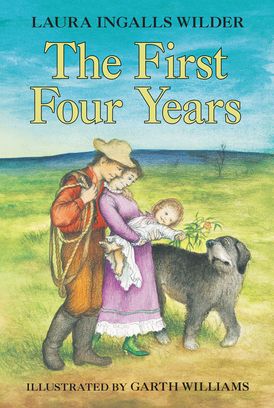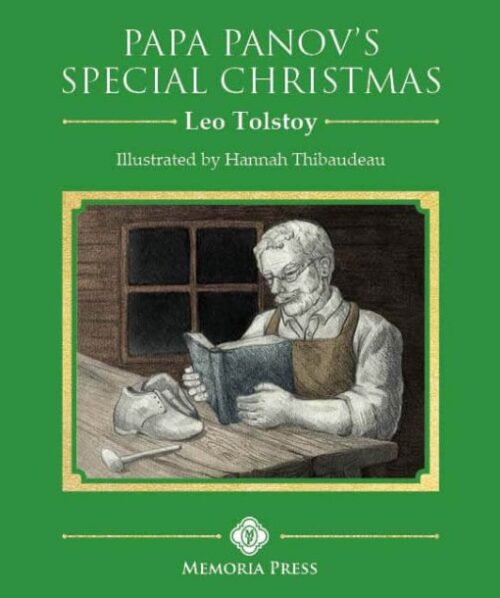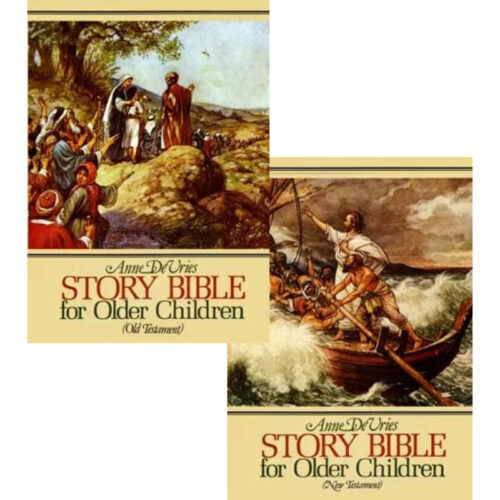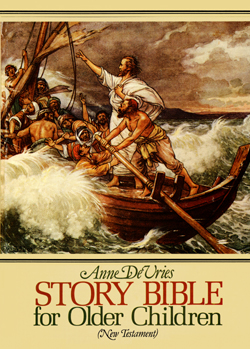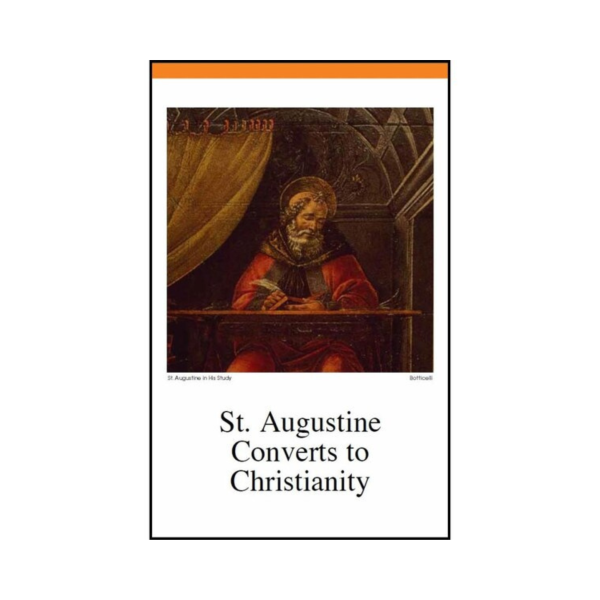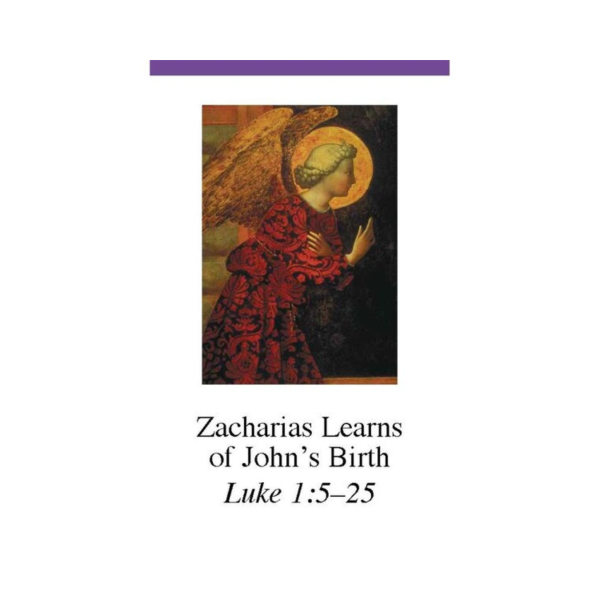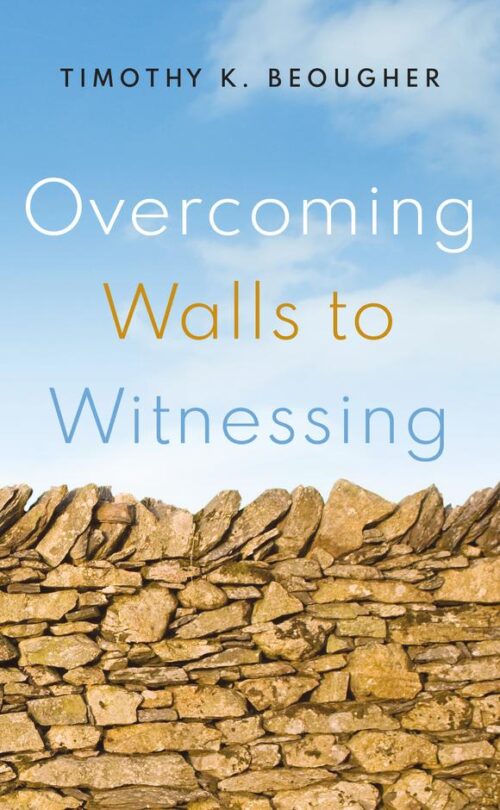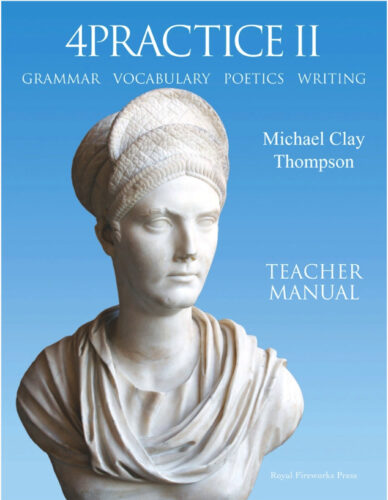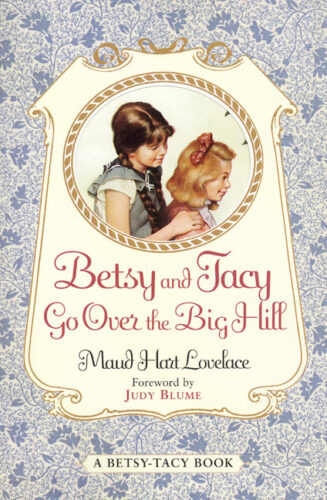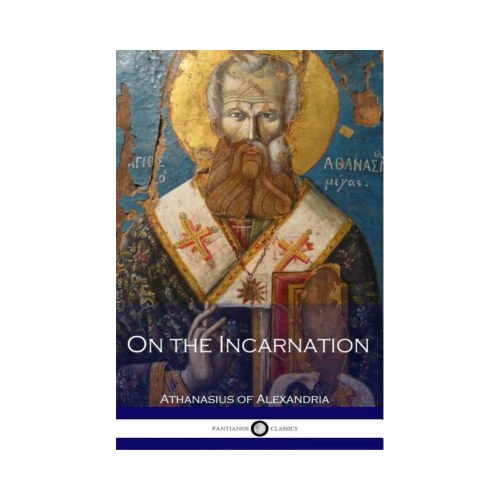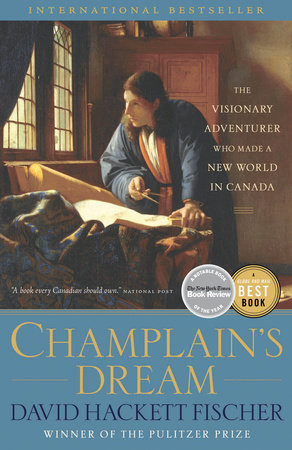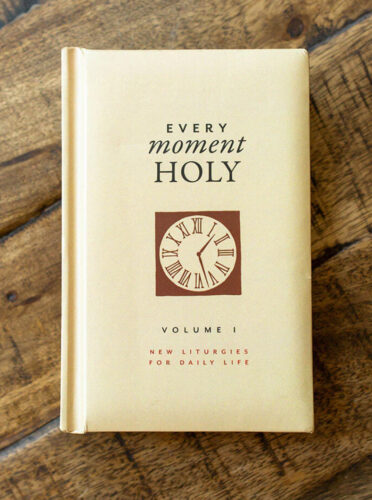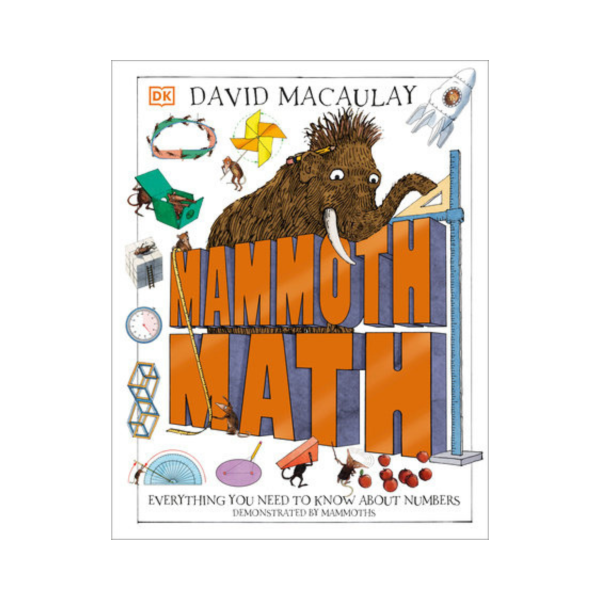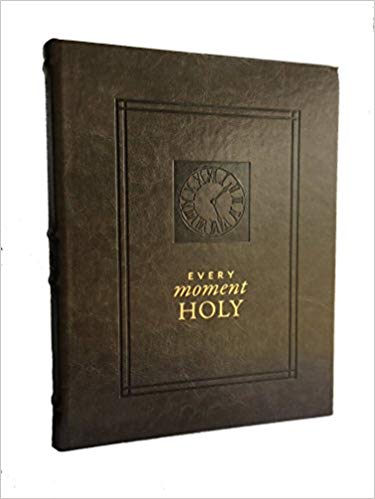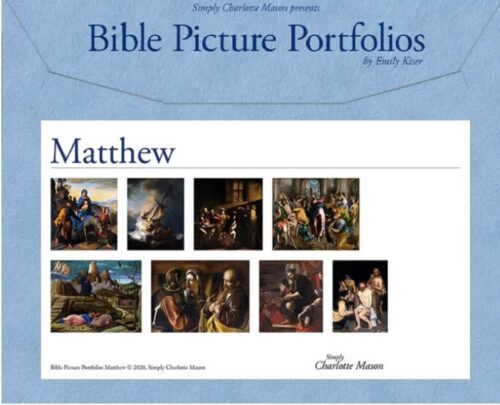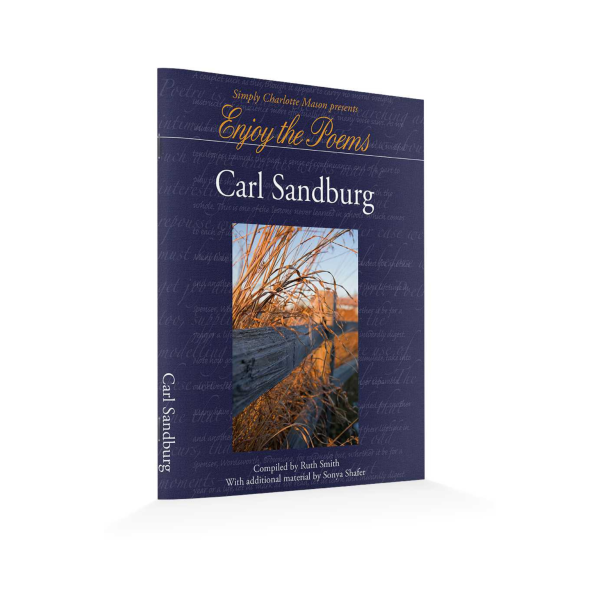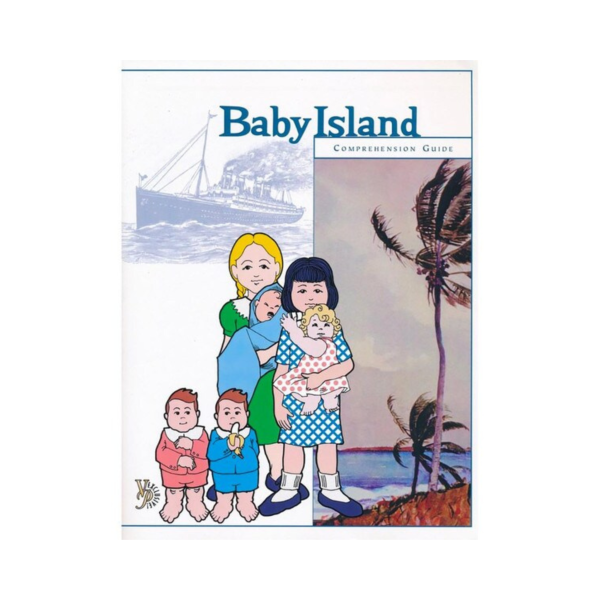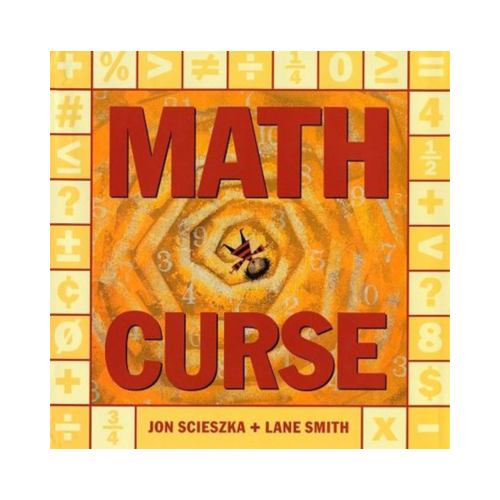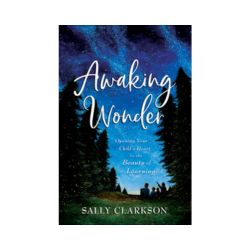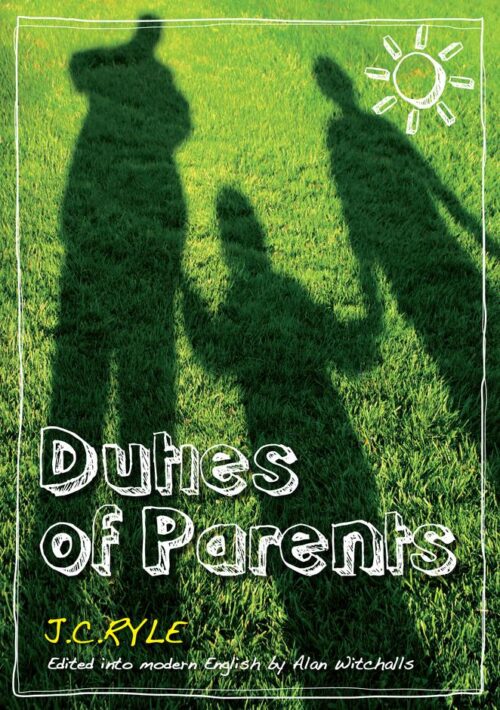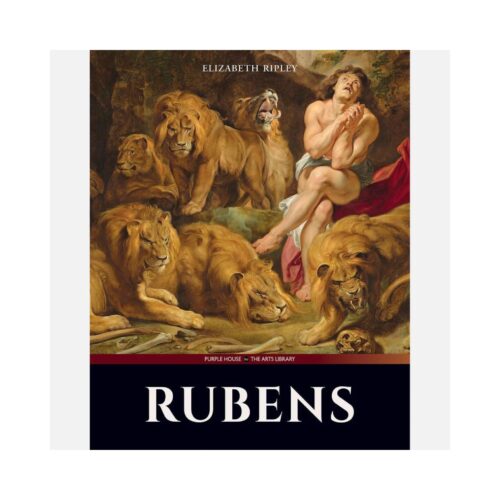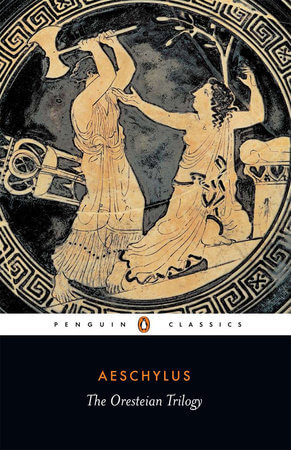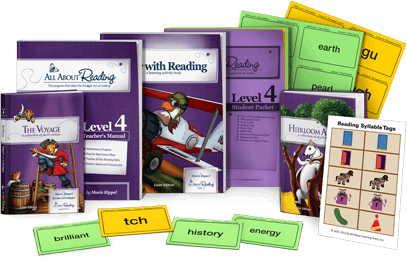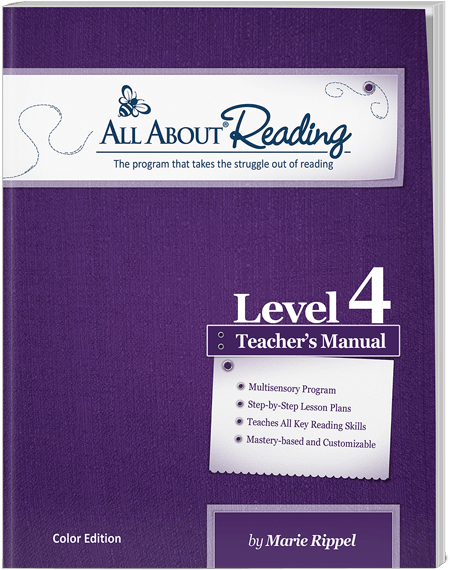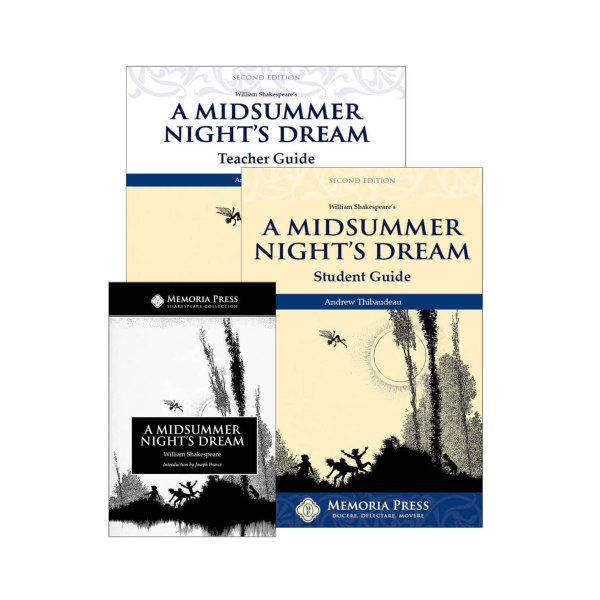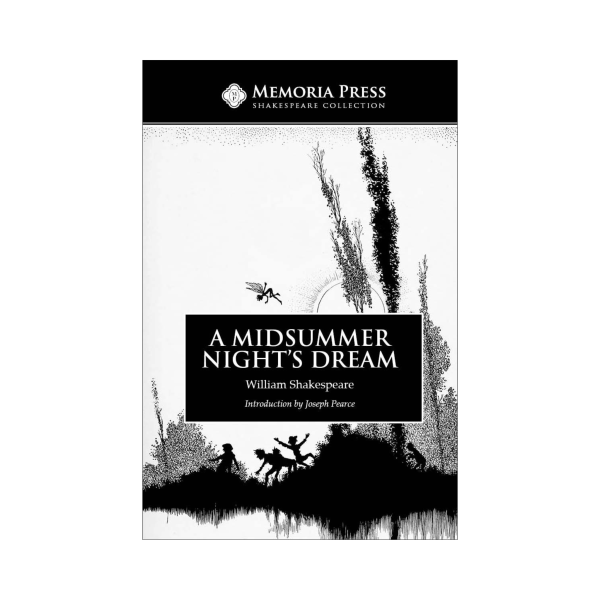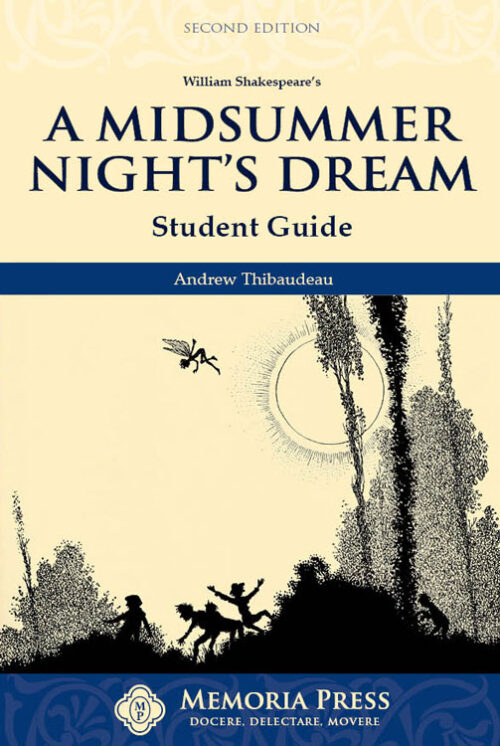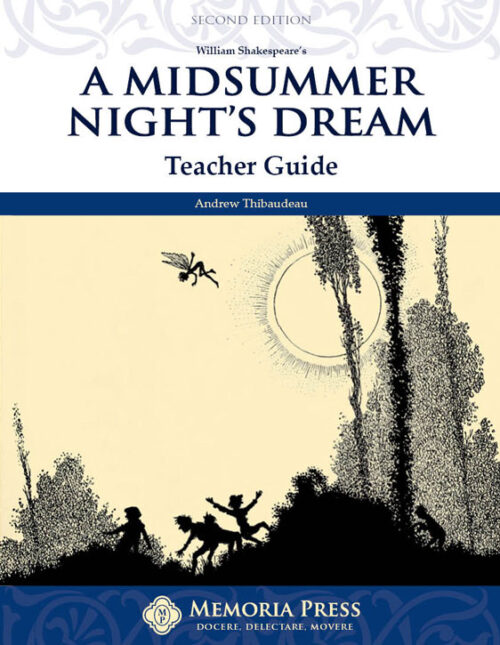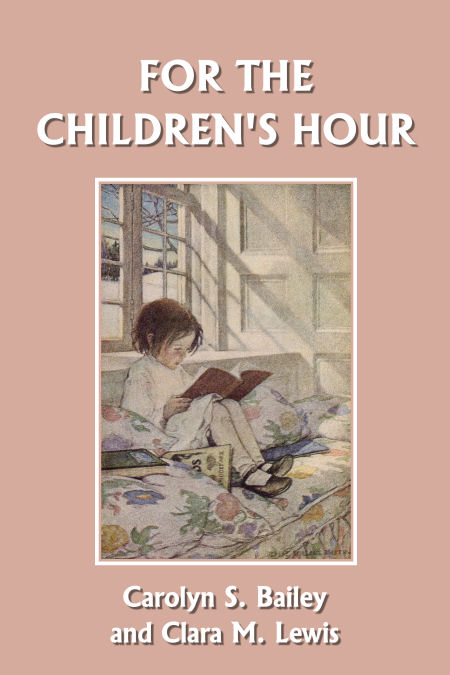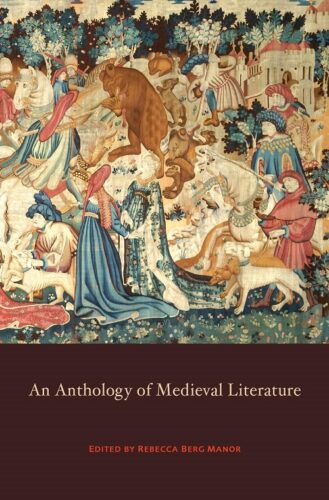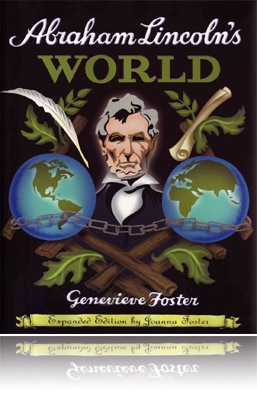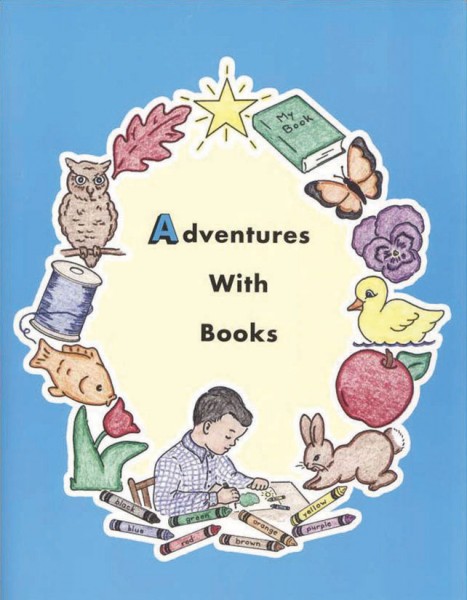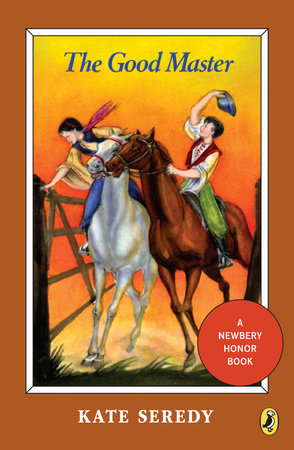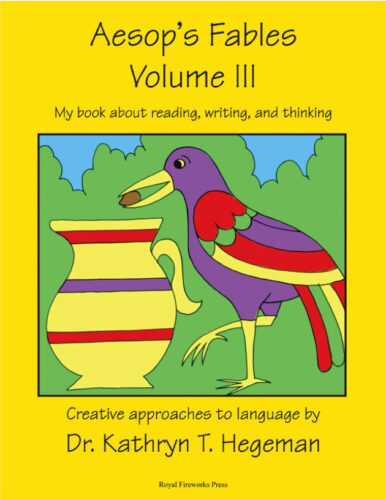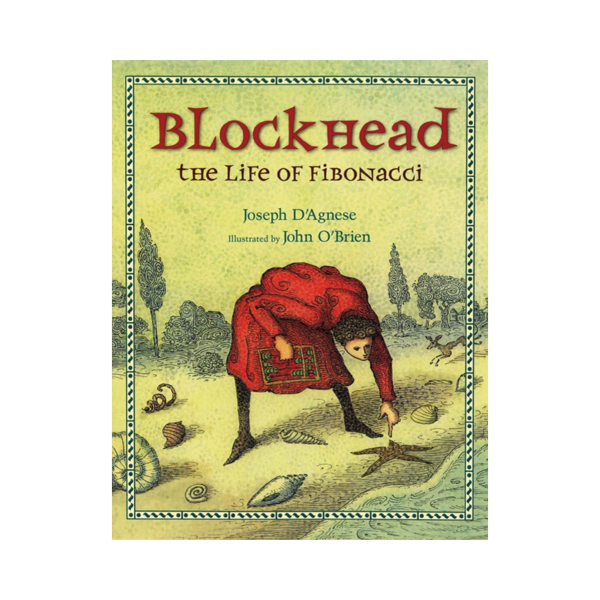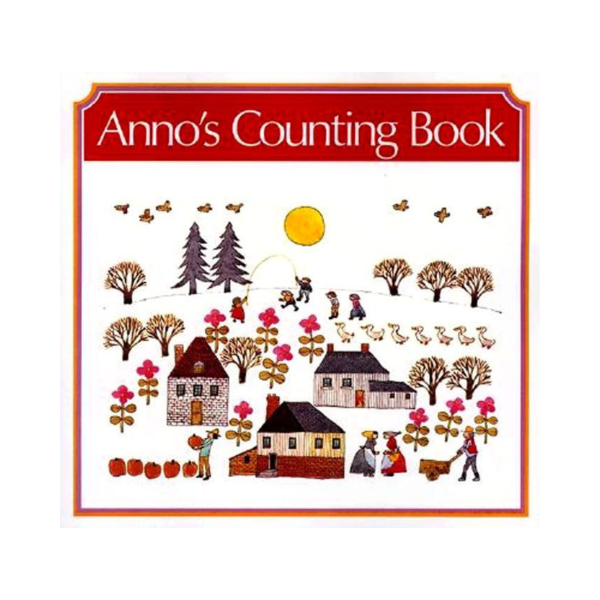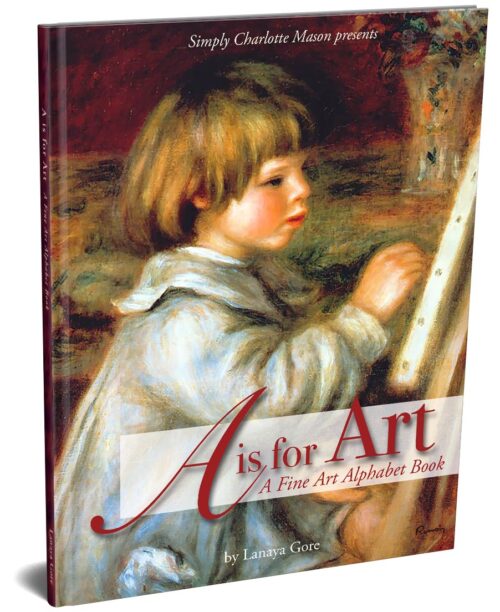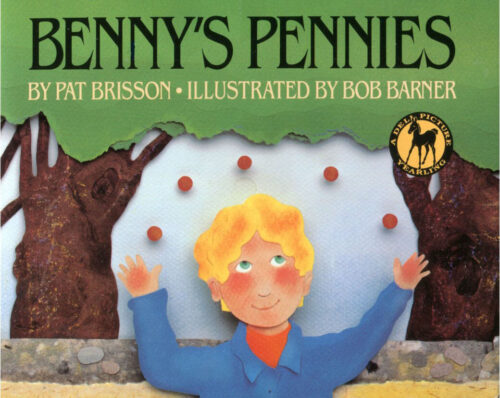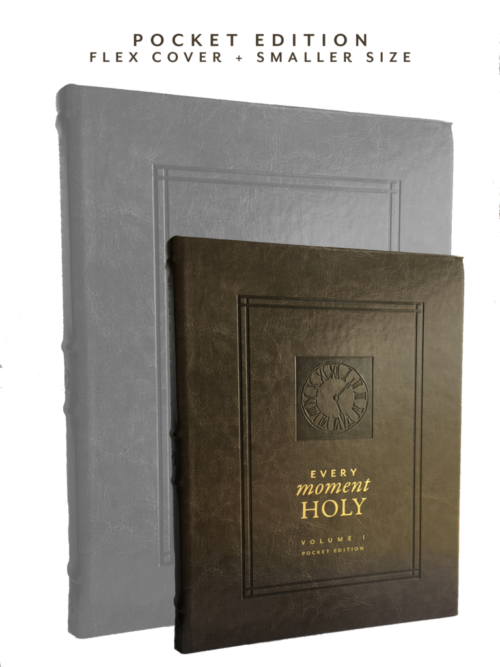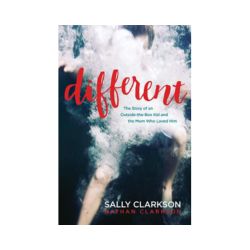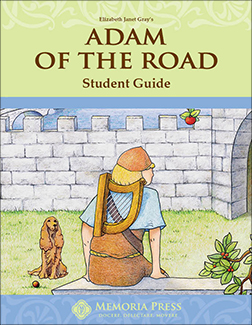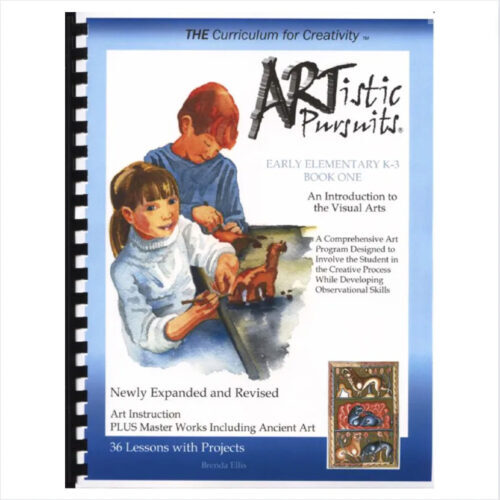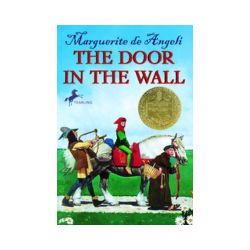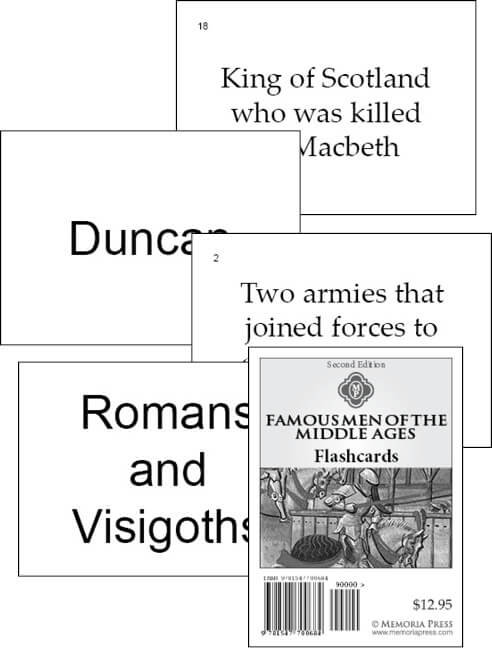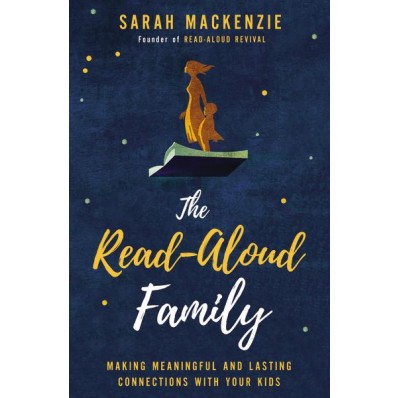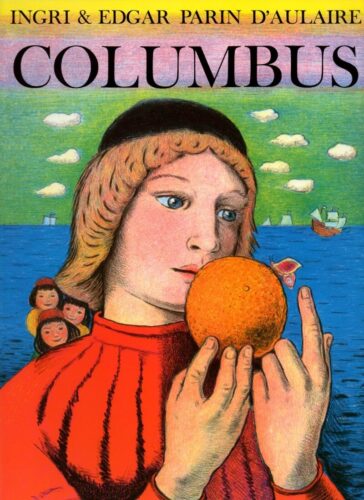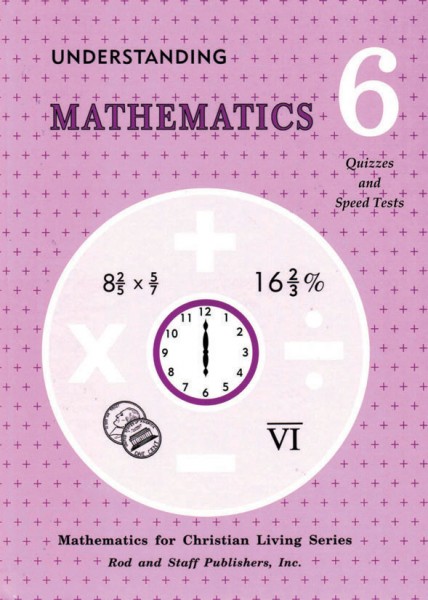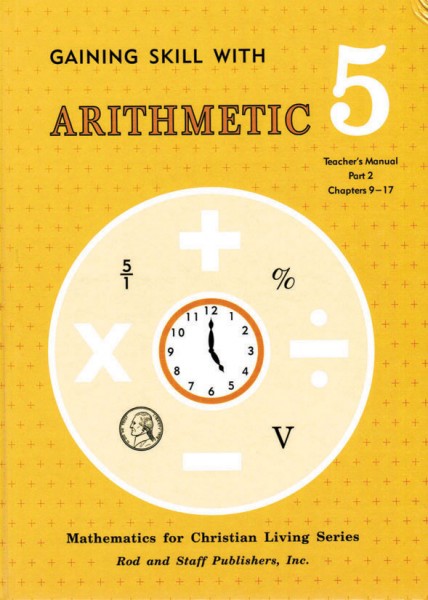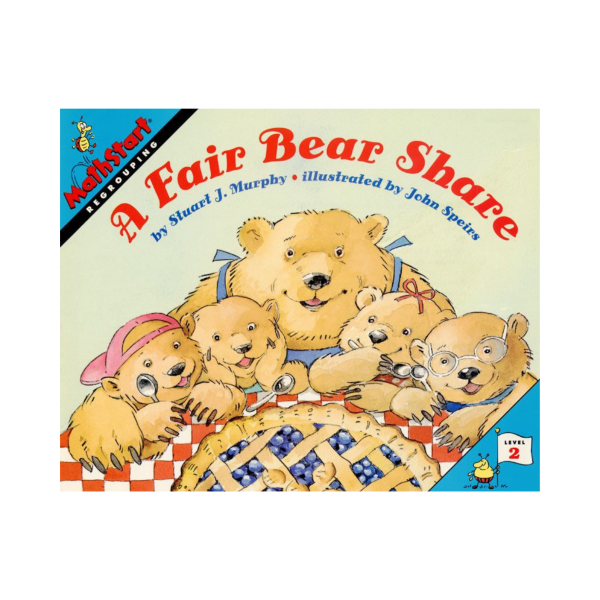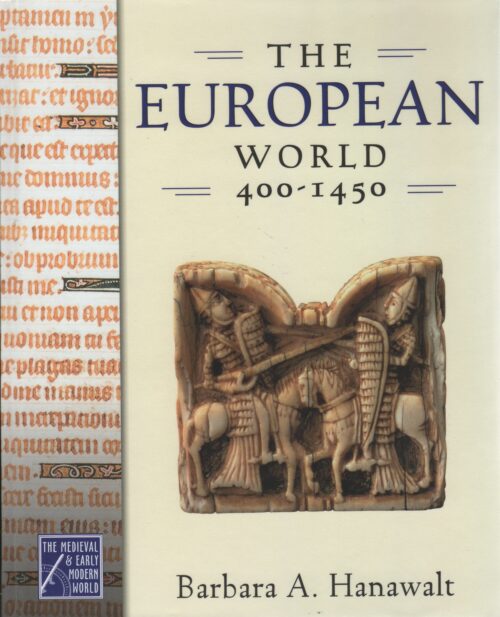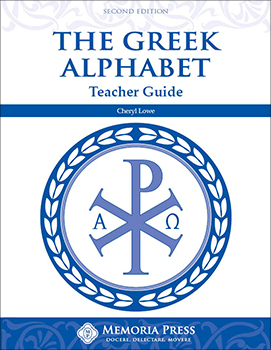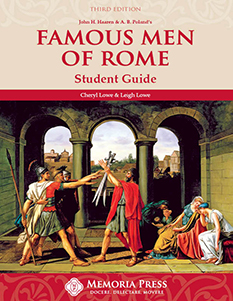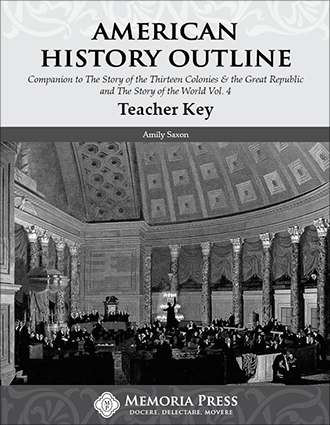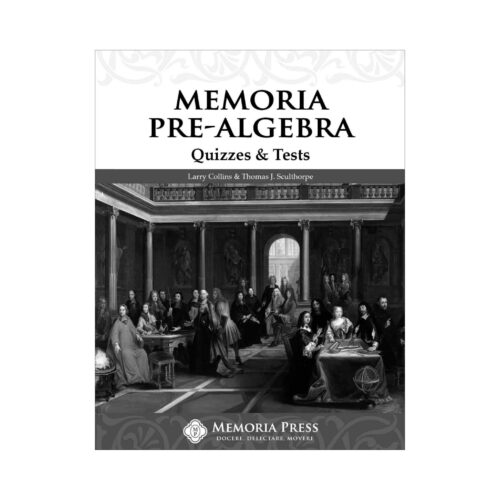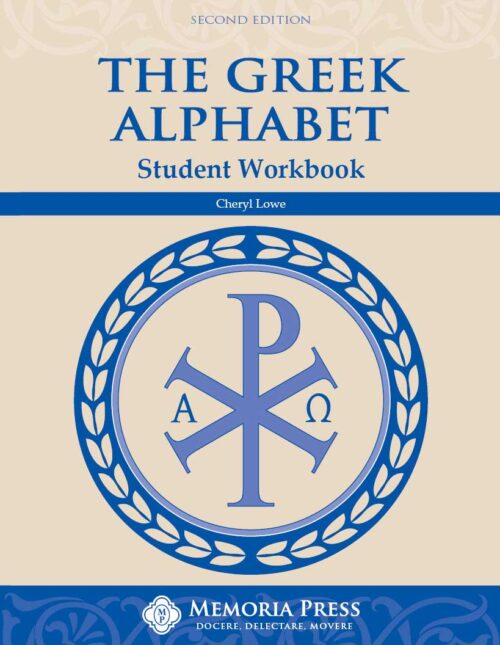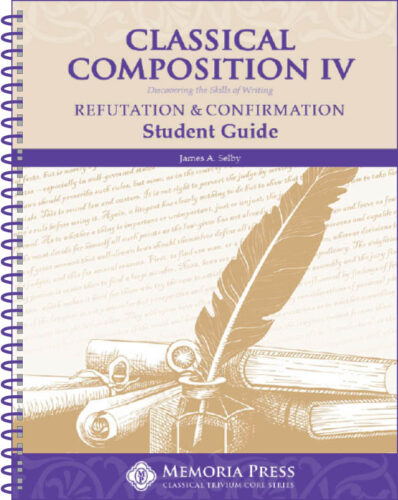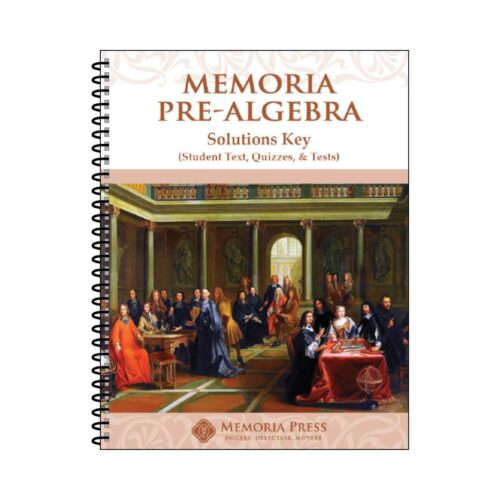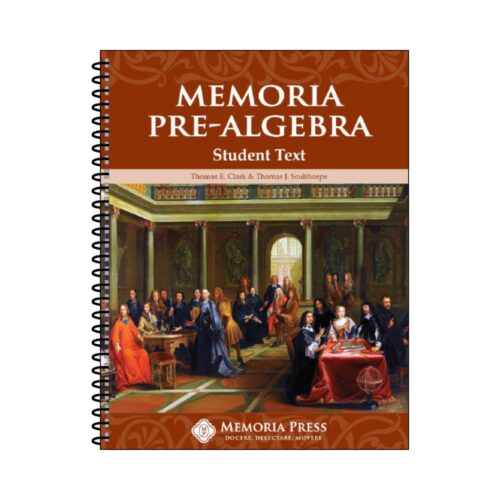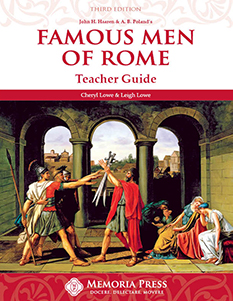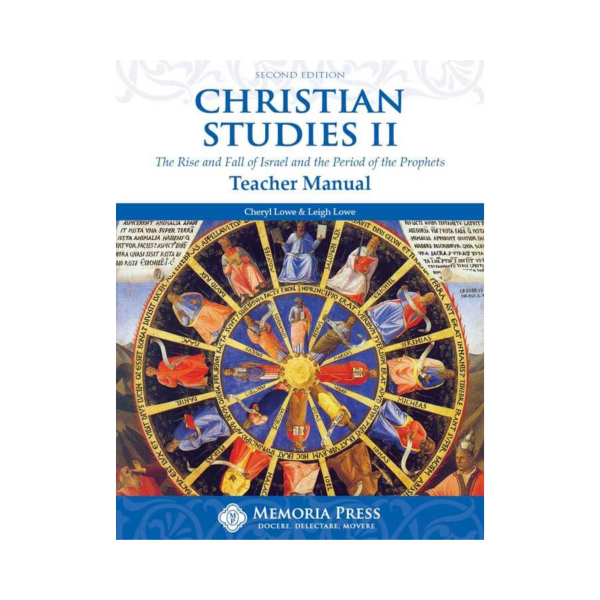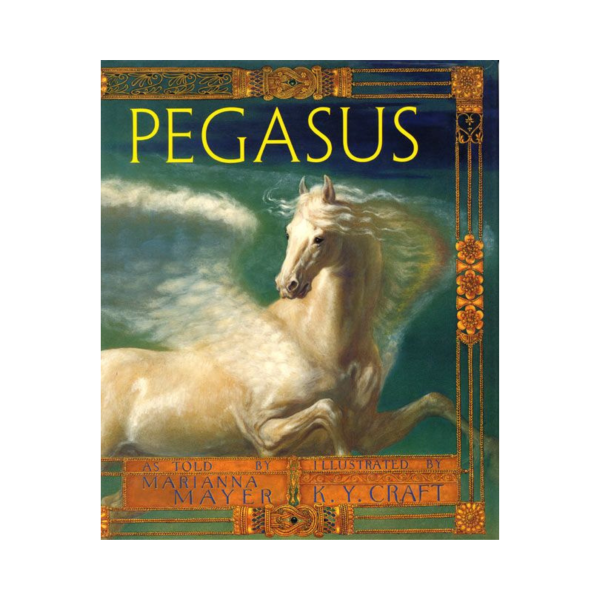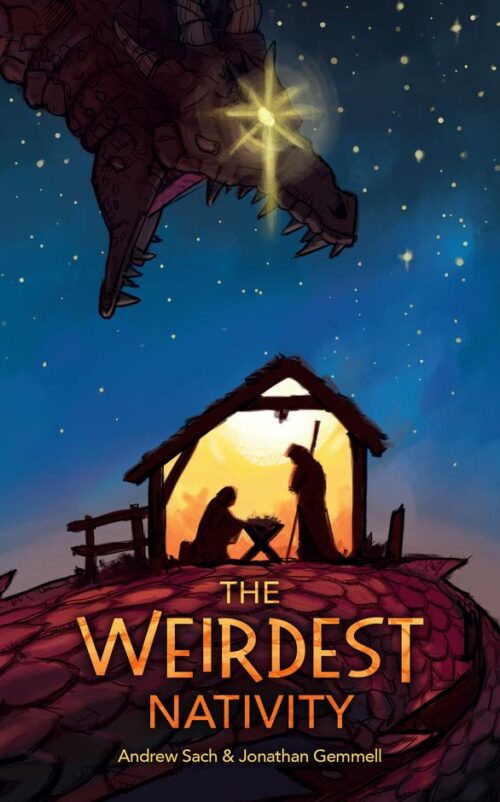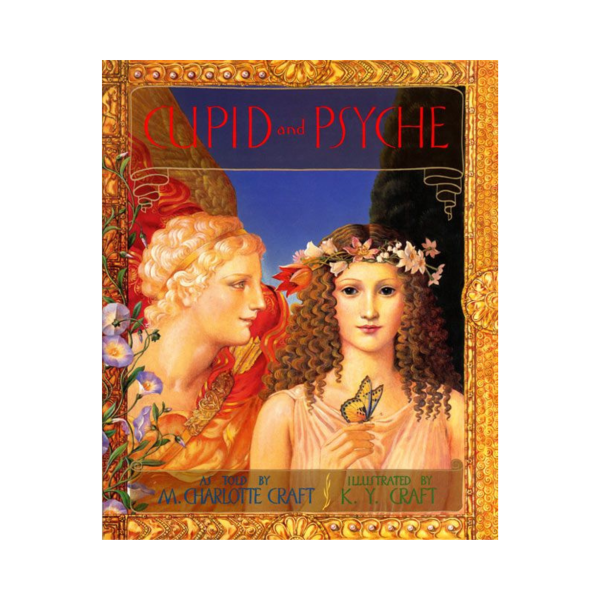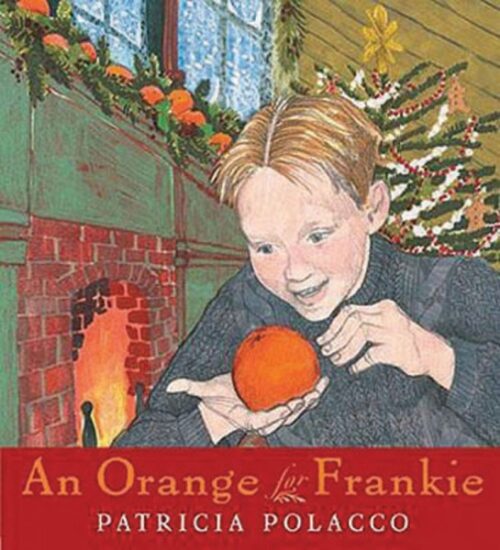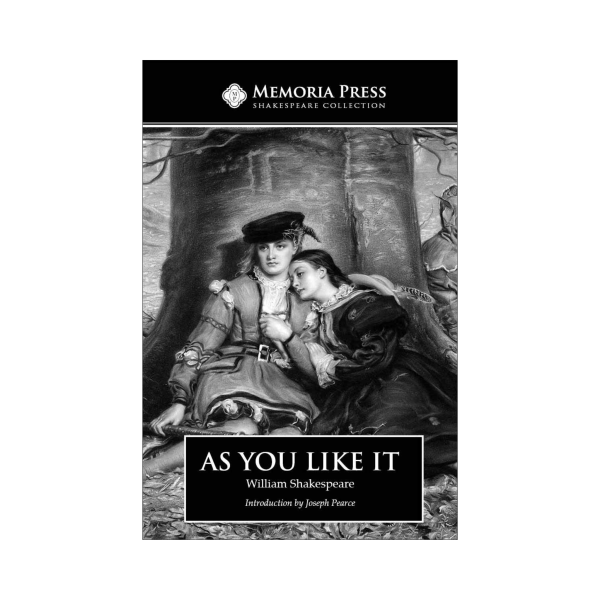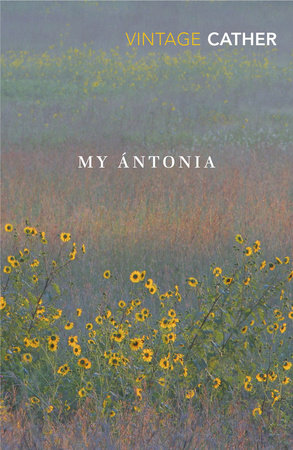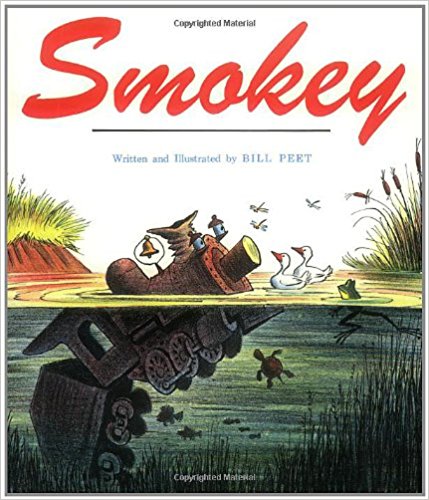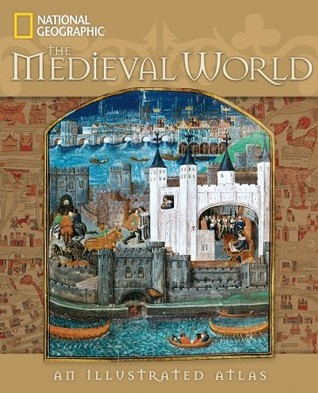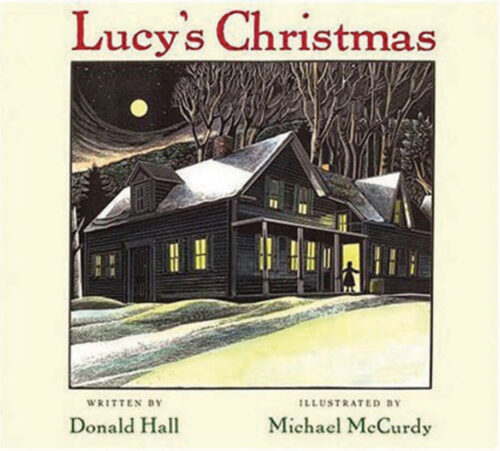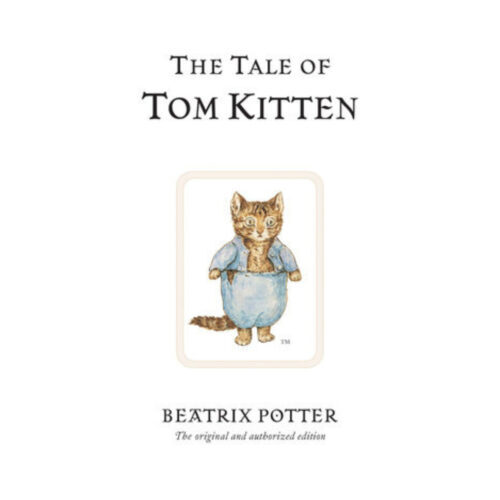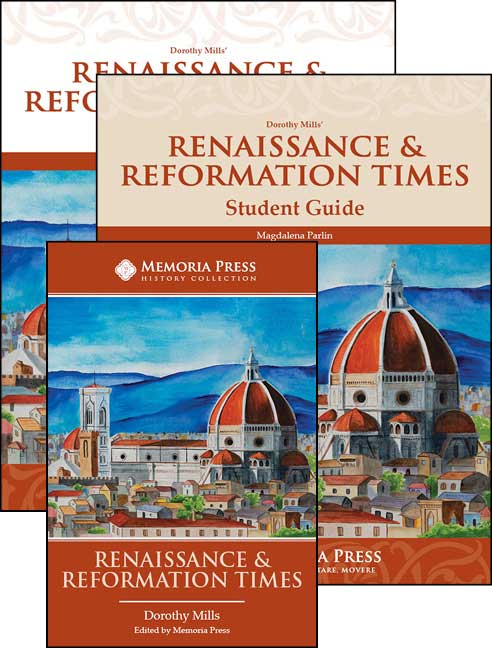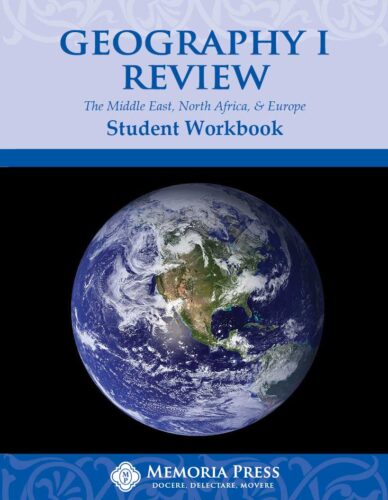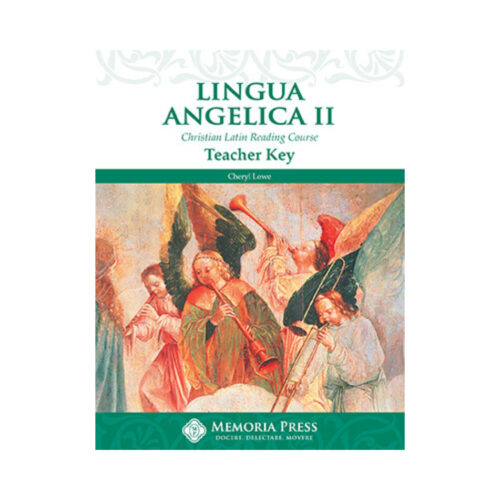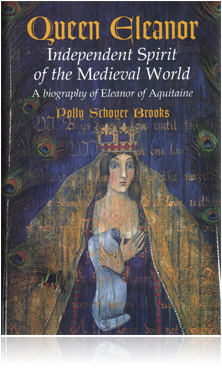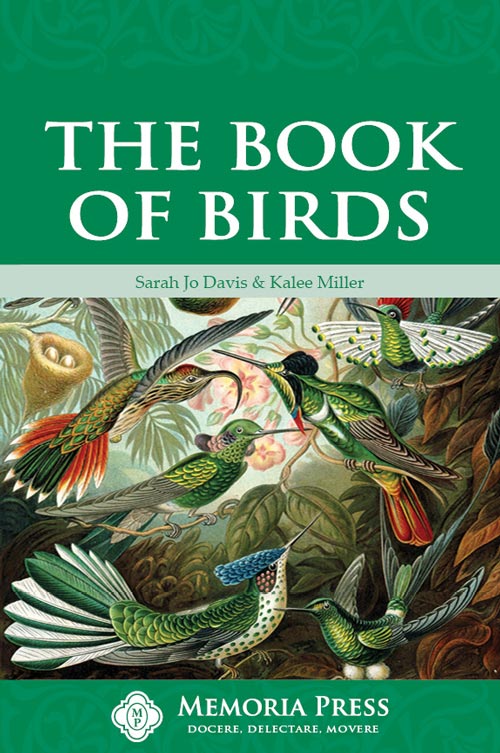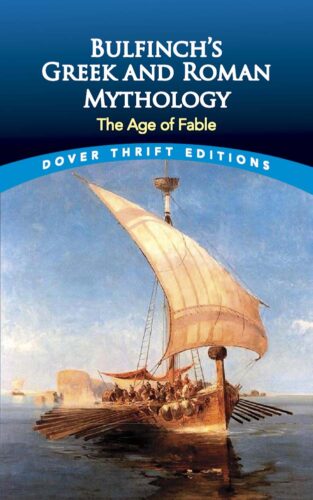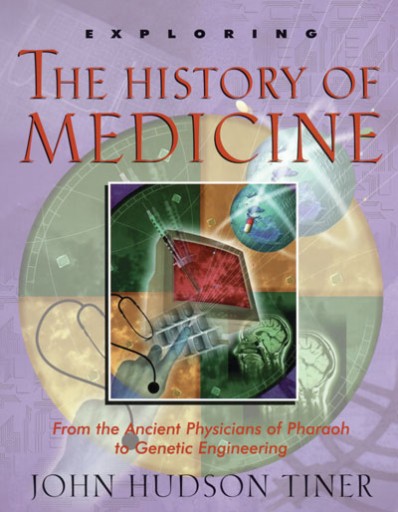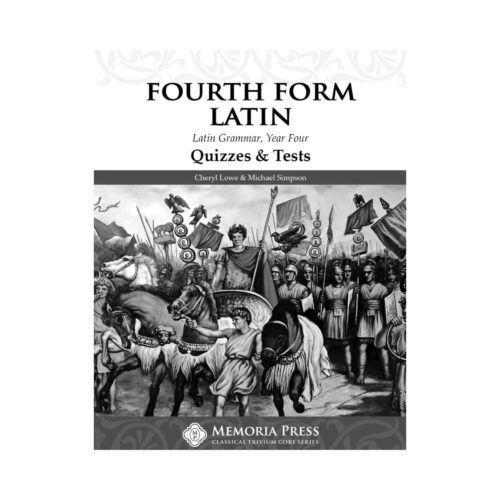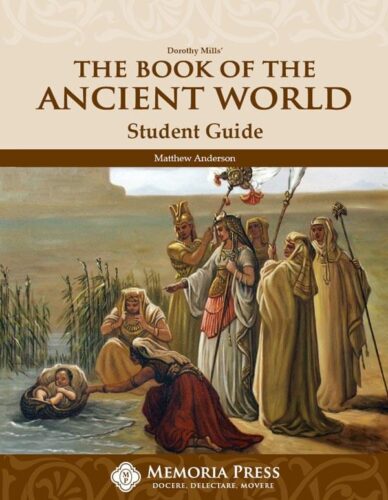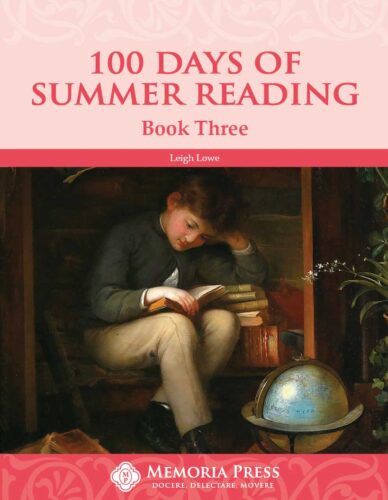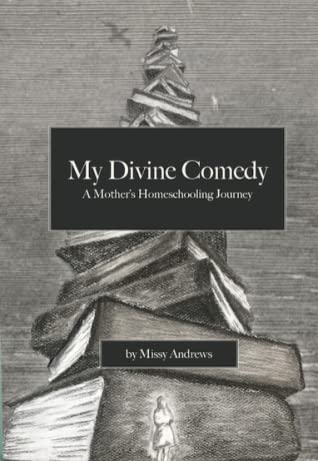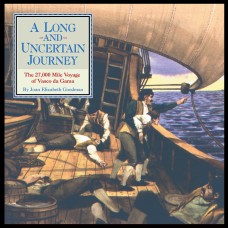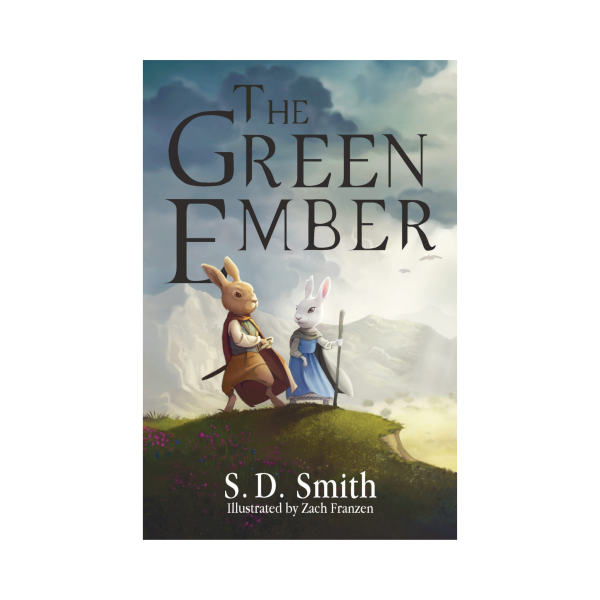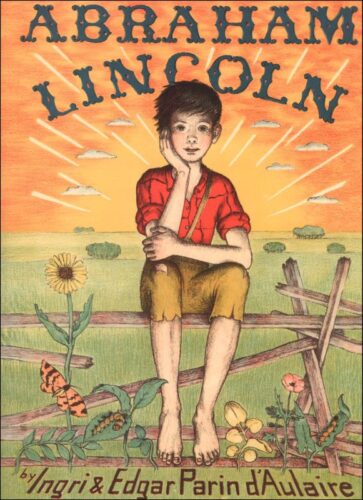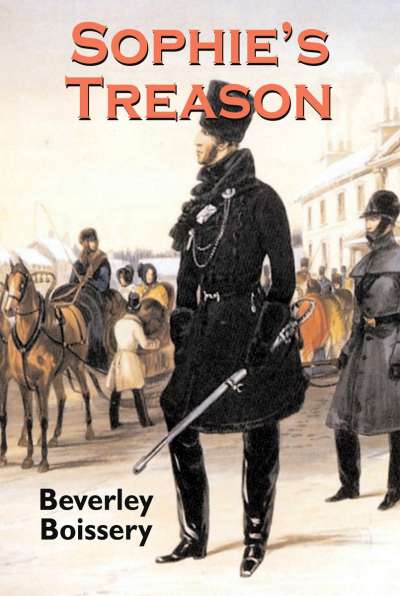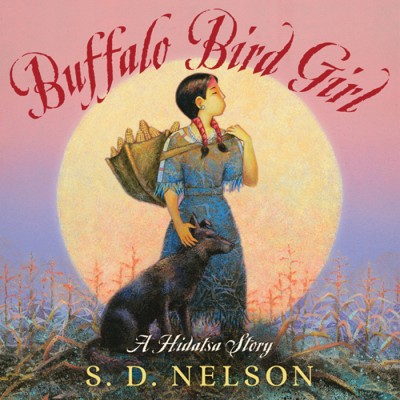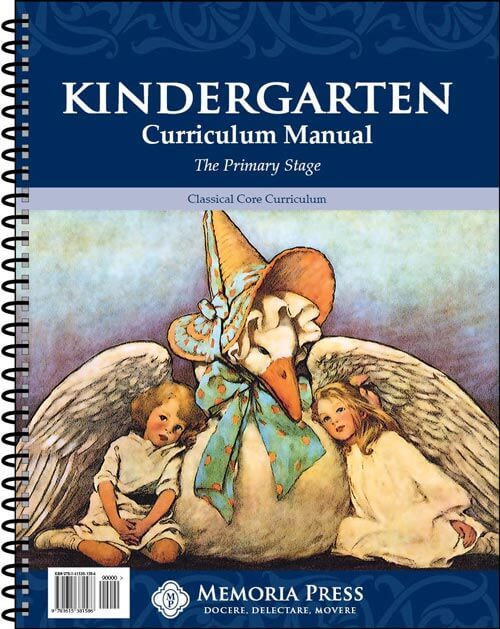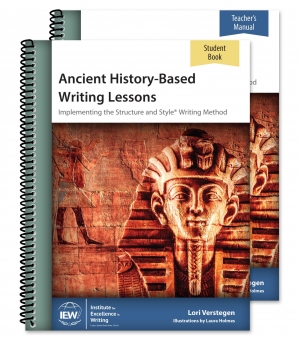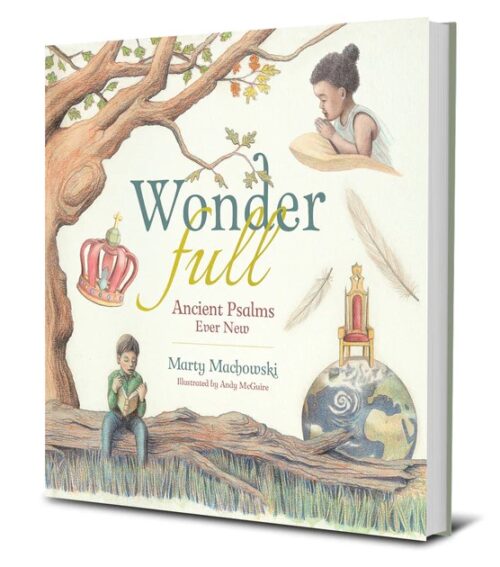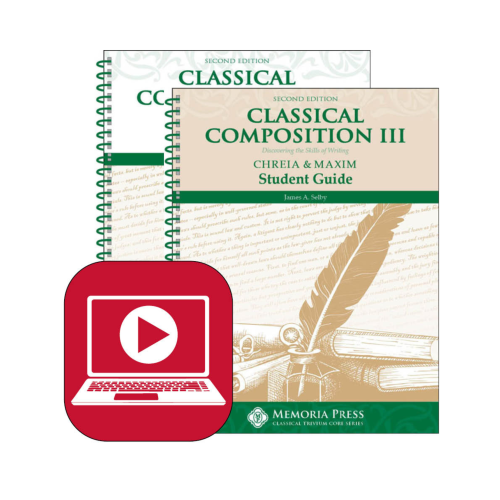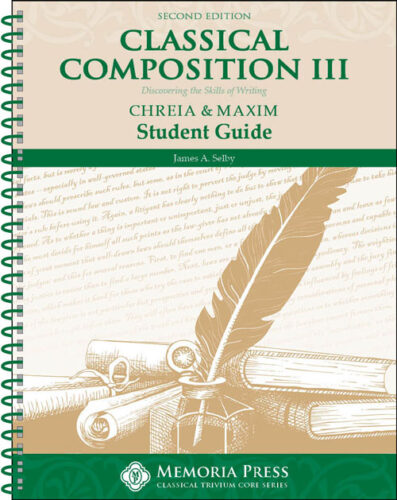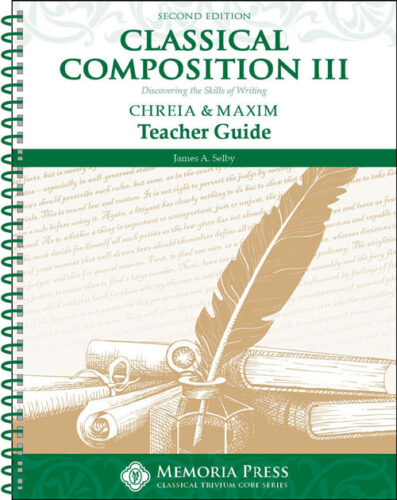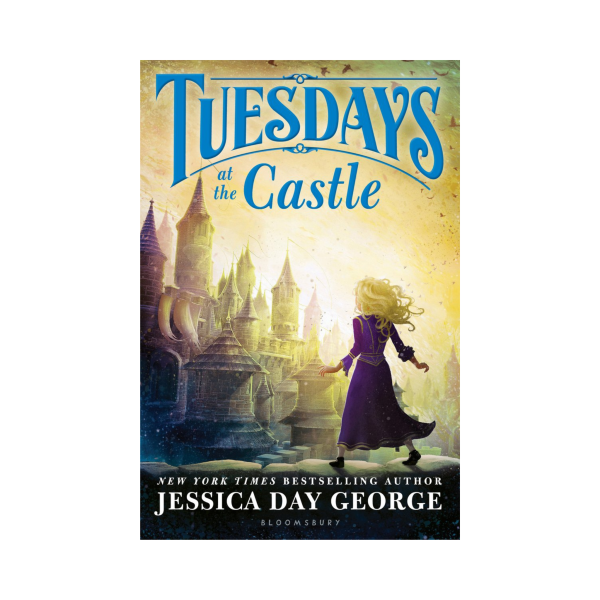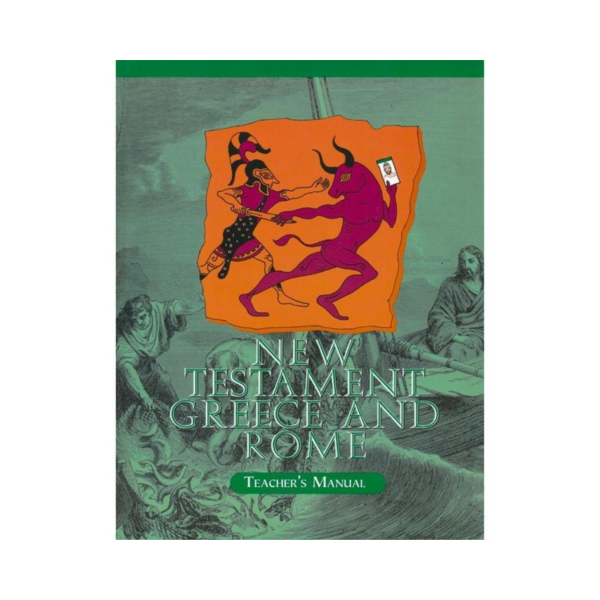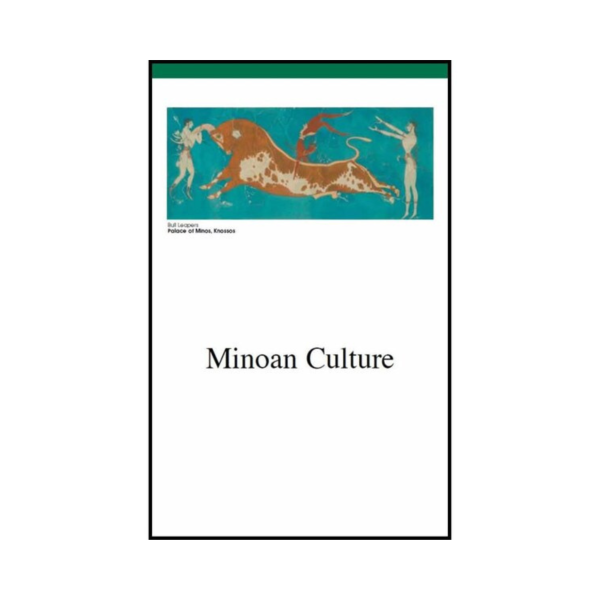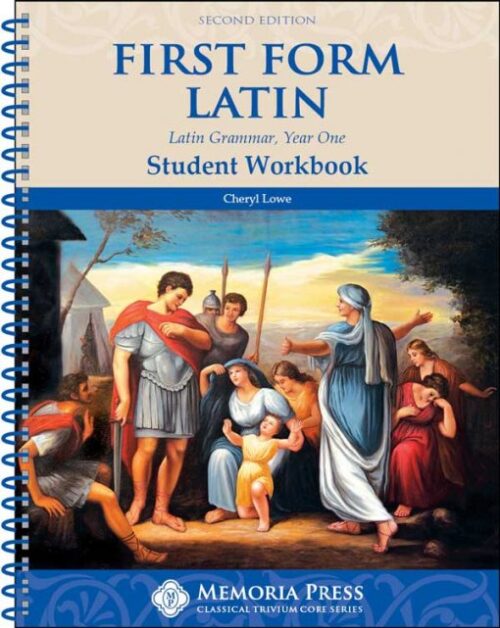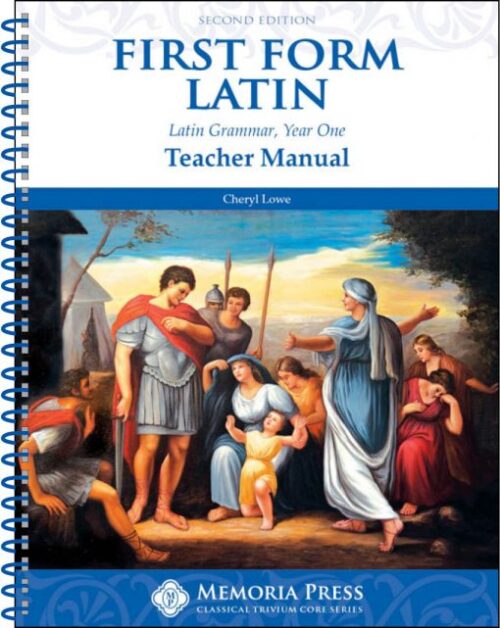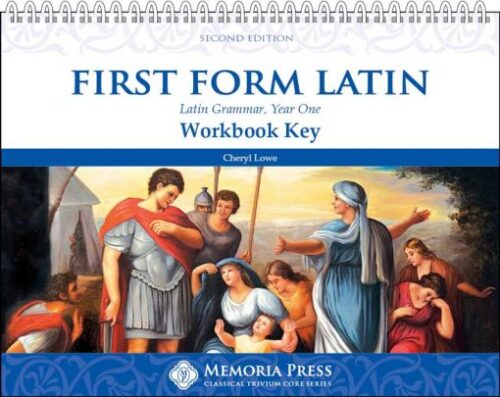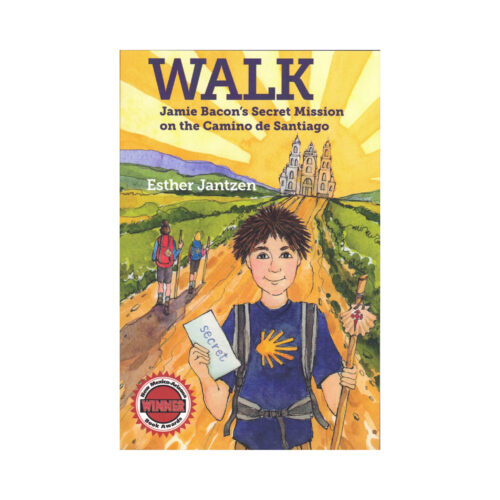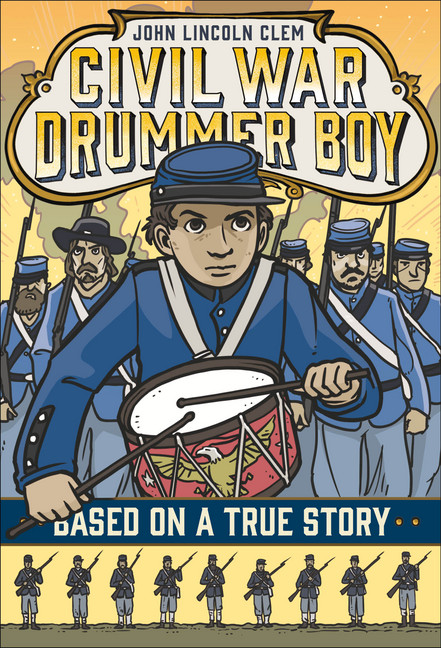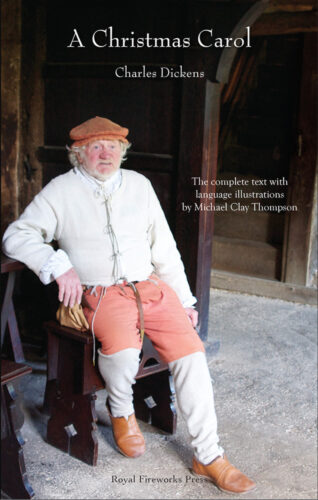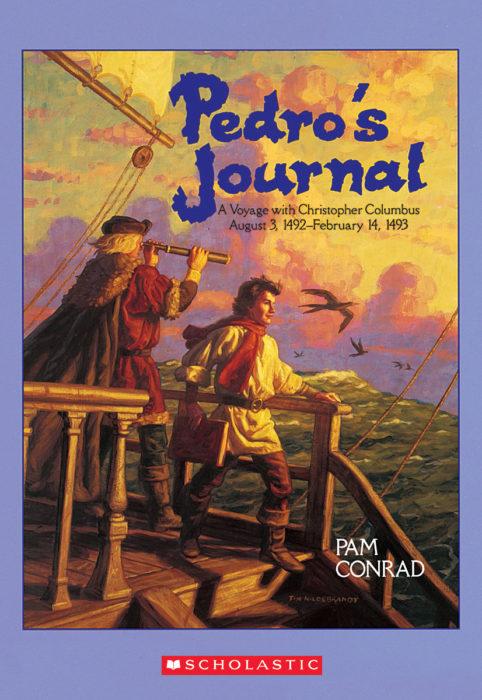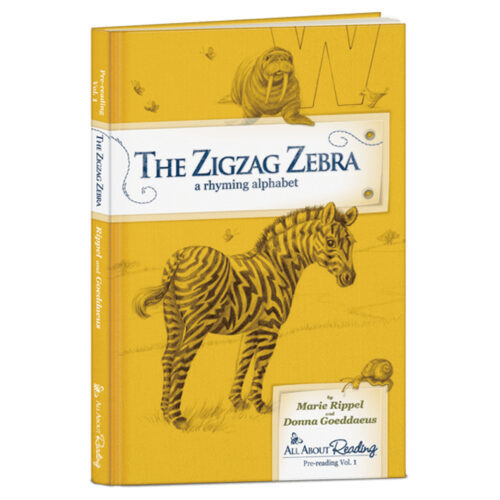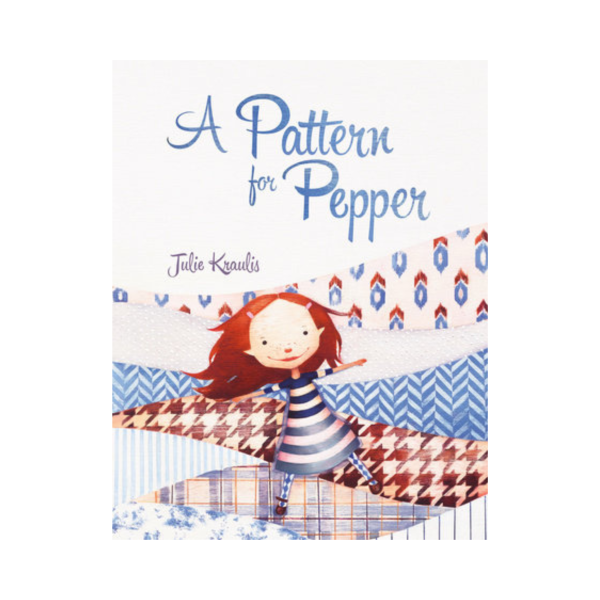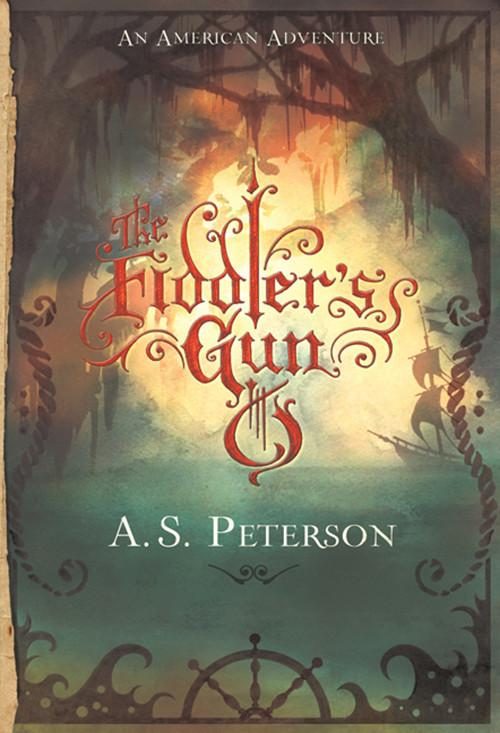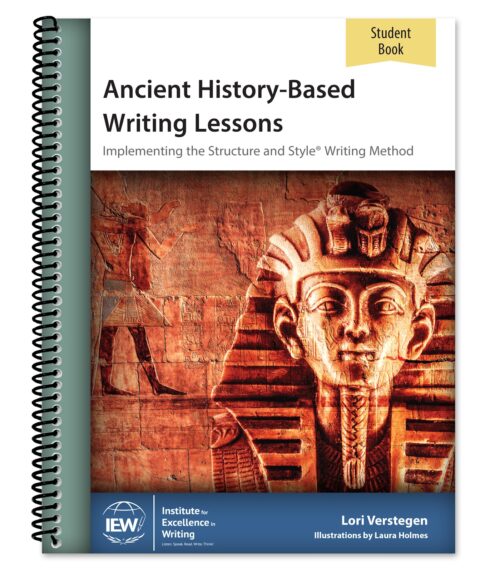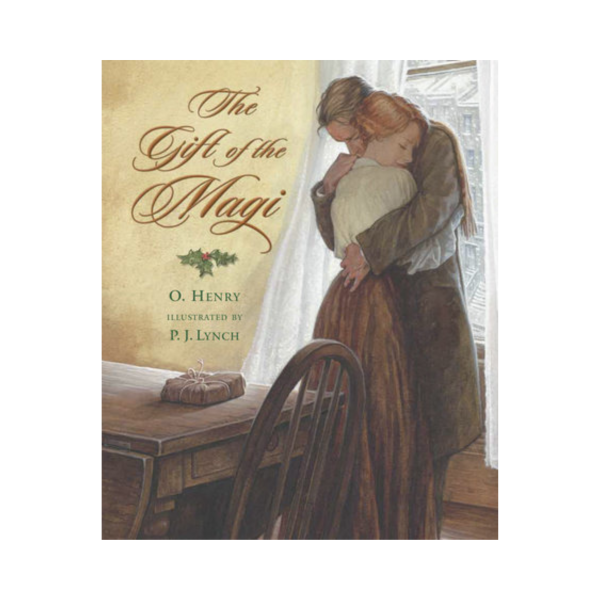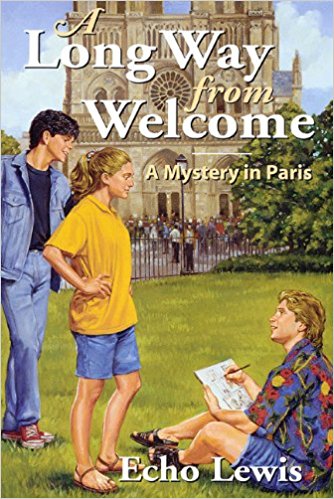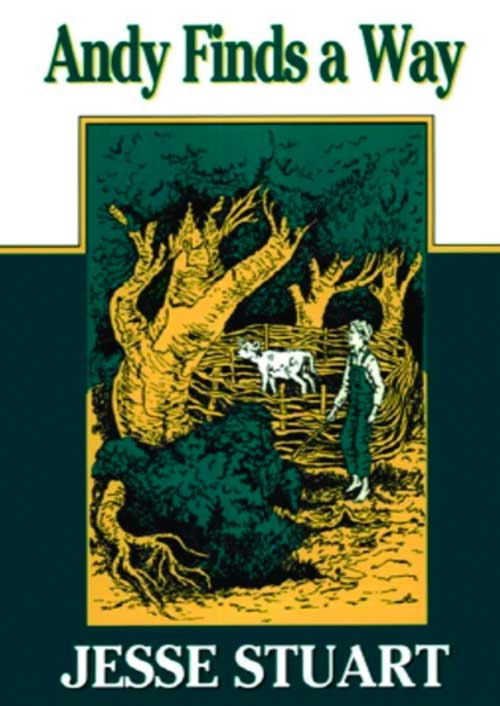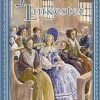-
Enjoy the Poems of Phillis Wheatley $17.95 QTY: 2Quantity
-
Figures of Speech $60.95 QTY: 2Quantity
-
Own Your Life $24.95 QTY: 2Quantity
-
Chemistry for Accelerated Students - Solutions Manual $44.50 QTY: 2Quantity
-
How to Draw Forest Animals $8.50 QTY: 2Quantity
-
If I Were In Charge for Christmas $6.50 QTY: 2Quantity
-
Journey Through the Bible $48.50 QTY: 2Quantity
-
Digital Dominion $10.95 QTY: 1Quantity
-
(PRE-ORDER) Exploring Creation with Zoology 3: Land Animals of the Sixth Day - Set (Second Edition)
- Includes:
(PRE-ORDER) Exploring Creation with Zoology 3: Land Animals of the Sixth Day - Textbook (Second Edition) × 1
(PRE-ORDER) Exploring Creation with Zoology 3: Land Animals of the Sixth Day - Notebooking Journal (Second Edition) × 1
Quantity -
Introductory Logic - Test Packet $22.95 QTY: 2Quantity
-
Singapore Math: Level 3B - Intensive Practice (U.S. Edition) $19.50 QTY: 2Quantity
-
Halloween in the Orchard $24.95 QTY: 2Quantity
-
Choosing Love $13.50 QTY: 2Quantity
-
Primary Arts of Language: Reading Teacher’s Manual $40.50 QTY: 1Quantity
-
Handbook of Christian Apologetics $47.50 QTY: 2Quantity
-
Big Red Barn $12.50 QTY: 2Quantity
-
Legend Led $9.95 QTY: 2Quantity
-
A History of Medieval Europe Set
- Includes:
A History of Medieval Europe: From Constantine to Saint Louis - Text (Third Edition) × 1
A History of Medieval Europe - Student Guide × 1
A History of Medieval Europe - Teacher Manual × 1
A History of Medieval Europe - Quizzes & Tests × 1
Quantity -
Little Pilgrim's Progress (Illustrated) $47.50 QTY: 2Quantity
-
Handel, Who Knew What He Liked $7.99 QTY: 2Quantity
-
Corduroy Giant Board Book $15.99 QTY: 2Quantity
-
Primary Mathematics Additional Practice KA (2022 Edition) $17.95 QTY: 2Quantity
-
3.1 Simply Classical Curriculum Level 3: New User Add-On Set
- Includes:
Phonics Flashcards × 1
Classical Phonics (Second Edition) × 1
The Story Bible × 1
Kindergarten Art Cards (5"x 7") × 1
First Grade Art Cards (5″x 7″) × 1
Second Grade Art Cards (5″x 7″) × 1
Quantity -
Bible-Based Writing Lessons - Teacher/Student Combo $75.95 QTY: 2Quantity
-
The Merry Adventures of Robin Hood $23.50 QTY: 2Quantity
-
Richard Scarry’s Best Mother Goose Ever $24.50 QTY: 2Quantity
-
Shadows On the Rock $22.00 QTY: 2Quantity
-
On the Banks of Plum Creek $10.99 QTY: 2Quantity
-
7 Ate 9 $24.99 QTY: 2Quantity
-
Music Activity Book $6.50 QTY: 2Quantity
-
The Long Winter $12.50 QTY: 2Quantity
-
The First Four Years $10.99 QTY: 2Quantity
-
These Happy Golden Years $10.99 QTY: 2Quantity
-
Little House on the Prairie $12.50 QTY: 2Quantity
-
Little Town on the Prairie $10.99 QTY: 2Quantity
-
The Mystery of History: Volume II - Companion Guide $67.50 QTY: 2Quantity
-
Papa Panov’s Special Christmas $16.50 QTY: 2Quantity
-
Story Bible for Older Children: Set
- Includes:
Story Bible for Older Children: Old Testament × 1
Story Bible for Older Children: New Testament × 1
Quantity -
3.0 Middle Ages, Renaissance & Reformation - Flashcards $40.50 QTY: 2Quantity
-
4.0 Gospels - Flashcards $40.50 QTY: 2Quantity
-
Singapore Earlybird Kindergarten Math Textbook A (Standards Edition) $42.95 QTY: 1Quantity
-
Overcoming Walls to Witnessing $9.50 QTY: 2Quantity
-
4Practice II - Teacher Manual (Second Edition) $19.50 QTY: 2Quantity
-
French for Children: Primer B- Chant (Audio Files) $16.50 QTY: 2Quantity
-
Betsy-Tacy Go Over the Big Hill (Book Three) $12.50 QTY: 2Quantity
-
The Joy of Service $6.50 QTY: 2Quantity
-
First Language Lessons - Level 3 Teacher's Guide $39.00 QTY: 2Quantity
-
ARTistic Pursuits: K-3 Program, Art for Children – Art of the Impressionists (Volume 6) $79.95 QTY: 2Quantity
-
ARTistic Pursuits: K-3 Program, Art for Children – Art of the Northern Countries (Volume 5) $79.95 QTY: 2Quantity
-
A Classical History of Art - Instructional Videos (Streaming) $75.95 QTY: 1Quantity
-
On The Incarnation $10.95 QTY: 2Quantity
-
Champlain's Dream $35.00 QTY: 2Quantity
-
Every Moment Holy: Gift Edition $25.95 QTY: 2Quantity
-
Mammoth Math - Text $25.99 QTY: 2Quantity
-
Every Moment Holy: Volume 1 $49.50 QTY: 2Quantity
-
Bible Picture Portfolios Matthew $32.95 QTY: 2Quantity
-
A Child's Copybook Reader, Volume 1: D'Nealian $17.95 QTY: 2Quantity
-
Enjoy the Poems of Carl Sandberg $19.50 QTY: 2Quantity
-
Charlie and the Chocolate Factory - Comprehension Guide $26.50 QTY: 2Quantity
-
Baby Island - Comprehension Guide $26.50 QTY: 2Quantity
-
Math Curse $24.99 QTY: 2Quantity
-
Christendom: The Medieval Mind Reader $39.00 QTY: 1Quantity
-
Awaking Wonder (Paperback) $17.95 QTY: 1Quantity
-
Duties of Parents $9.50 QTY: 2Quantity
-
A Parley with Youth: Dialogues with High School Students about Virtue $29.50 QTY: 2Quantity
-
8 Great Smarts for Homeschoolers: A Guide to Teaching Based on Your Child's Unique Strengths $17.95 QTY: 2Quantity
-
B is for Bagpipes $25.99 QTY: 1Quantity
-
Rubens $27.50 QTY: 1Quantity
-
God's Very Good Idea Coloring Book $8.50 QTY: 2Quantity
-
The Oresteian Trilogy $17.50 QTY: 2Quantity
-
The Story Bible $39.99 QTY: 2Quantity
-
How to Draw Birds $8.50 QTY: 2Quantity
-
All About Reading Level 4 - Complete Set
- Includes:
All About Reading Level 4 - Teacher's Manual (Colour Edition) × 1
All About Reading Level 4 - Student Packet (Colour Edition) × 1
All About Reading - Heirloom Antics (Colour Edition) × 1
All About Reading - The Voyage (Colour Edition) × 1
Quantity -
A Midsummer Night’s Dream Set
- Includes:
A Midsummer Night's Dream × 1
A Midsummer Night’s Dream - Student Guide (Second Edition) × 1
A Midsummer Night’s Dream - Teacher Guide (Second Edition) × 1
Quantity -
For the Children's Hour $28.50 QTY: 1Quantity
-
Leonardo da Vinci $14.99 QTY: 2Quantity
-
An Anthology of Medieval Literature $20.50 QTY: 2Quantity
-
Abraham Lincoln's World $29.95 QTY: 2Quantity
-
Accelerated Studies in Physics and Chemistry (ASPC) $103.00 QTY: 1Quantity
-
Adventures With Books $7.50 QTY: 2Quantity
-
Christendom: Early Medievals DVD $75.50 QTY: 2Quantity
-
Good Master $12.50 QTY: 2Quantity
-
Aesop’s Fables: Volume III $15.95 QTY: 1Quantity
-
Blockhead: The Life of Fibonacci $26.99 QTY: 2Quantity
-
Favorite Poems Old and New $29.99 QTY: 1Quantity
-
Teaching the Classics - Workbook $69.50 QTY: 2Quantity
-
Chemistry for Accelerated Students: Resource CD $58.65 QTY: 1Quantity
-
Anno's Counting Book $24.99 QTY: 1Quantity
-
Eclogues and Georgics $10.95 QTY: 2Quantity
-
Chosen by God $26.50 QTY: 1Quantity
-
A is for Art: A Fine Alphabet Book $32.95 QTY: 1Quantity
-
Benny’s Pennies $11.99 QTY: 1Quantity
-
Every Moment Holy: Pocket Edition $33.95 QTY: 2Quantity
-
Different: The Story of an Outside-the-Box Kid and the Mom Who Loved Him $23.50 QTY: 1Quantity
-
Adam of the Road - Student Guide $18.95 QTY: 1Quantity
-
ARTistic Pursuits: K-3 Book One - Introduction to the Visual Arts $76.95 QTY: 1Quantity
-
The Door in the Wall $10.99 QTY: 2Quantity
-
Famous Men of the Middle Ages - Flashcards (Second Edition) $19.95 QTY: 2Quantity
-
The Read-Aloud Family $24.99 QTY: 1Quantity
-
Columbus $24.50 QTY: 2Quantity
-
Understanding Mathematics 6 - Quizzes and Speed Tests $8.95 QTY: 2Quantity
-
The Lotus Seed $12.50 QTY: 2Quantity
-
Favorite Father Brown Stories $6.00 QTY: 1Quantity
-
Song School Latin: Book 2 (Student Edition with CD) $43.50 QTY: 2Quantity
-
Gaining Skill With Arithmetic 5 - Teacher's Manual (Part 2) $24.95 QTY: 2Quantity
-
Geography: An Illustrated A-Z Glossary $32.50 QTY: 1Quantity
-
Science in the Beginning - Helps & Hints $8.50 QTY: 2Quantity
-
A Fair Bear Share $8.50 QTY: 1Quantity
-
The European World, 400-1450 $52.00 QTY: 2Quantity
-
Greek Alphabet - Teacher Key (Second Edition) $16.50 QTY: 2Quantity
-
Famous Men of Rome - Flashcards $19.95 QTY: 2Quantity
-
Famous Men of Rome - Student Guide (Third Edition) $27.95 QTY: 2Quantity
-
American History Outline - Teacher Key $8.50 QTY: 2Quantity
-
Memoria Pre-Algebra - Quizzes and Tests $27.50 QTY: 2Quantity
-
Greek Alphabet - Student Book (Second Edition) $24.50 QTY: 1Quantity
-
Classical Composition IV: Refutation & Confirmation - Student Book $29.95 QTY: 2Quantity
-
Memoria Pre-Algebra - Solutions Key $40.95 QTY: 2Quantity
-
Memoria Pre-Algebra - Teacher Manual $47.50 QTY: 2Quantity
-
Memoria Pre-Algebra - Student Text $47.50 QTY: 2Quantity
-
Memoria Pre-Algebra - Instructional Videos (Streaming) $75.95 QTY: 2Quantity
-
Famous Men of Rome - Teacher Guide (Third Edition) $27.95 QTY: 2Quantity
-
Christian Studies II - Teacher Manual (Second Edition) $32.95 QTY: 2Quantity
-
Gaining Skill With Arithmetic 5 - Tests $6.50 QTY: 1Quantity
-
Word One to One: Book 5 $5.50 QTY: 2Quantity
-
Pegasus $23.99 QTY: 2Quantity
-
The Long Winter (Color) $17.50 QTY: 2Quantity
-
Word One to One: Book 6 $5.50 QTY: 2Quantity
-
Word One to One: Book 3 $5.50 QTY: 1Quantity
-
Word One to One: Book 2 $5.50 QTY: 1Quantity
-
Classical Composition I: Fable - Student Book $29.95 QTY: 2Quantity
-
The Weirdest Nativity $9.50 QTY: 2Quantity
-
The Bronze Bow - Student Guide $18.95 QTY: 1Quantity
-
Cupid and Psyche $24.99 QTY: 1Quantity
-
An Orange for Frankie $26.99 QTY: 2Quantity
-
As You Like It $21.95 QTY: 2Quantity
-
My Antonia $19.99 QTY: 2Quantity
-
Smokey $12.50 QTY: 2Quantity
-
The Medieval World - An Illustrated Atlas $54.00 QTY: 2Quantity
-
Lucy’s Christmas $20.50 QTY: 2Quantity
-
The Tale of Tom Kitten $12.50 QTY: 2Quantity
-
Renaissance and Reformation Times Set
- Includes:
Renaissance and Reformation Times - Text × 1
Renaissance and Reformation Times - Student Guide × 1
Renaissance and Reformation Times - Teacher Guide × 1
Quantity -
Henry V $7.95 QTY: 1Quantity
-
Geography I Review - Student Workbook $8.50 QTY: 2Quantity
-
Lingua Angelica II - Teacher Key $27.50 QTY: 2Quantity
-
Homer Price Set
- Includes:
Homer Price × 1
Homer Price - Student Guide × 1
Homer Price - Teacher Guide × 1
Quantity -
Queen Eleanor $19.99 QTY: 2Quantity
-
The Book of Birds (Second Edition) $27.95 QTY: 2Quantity
-
Around the World in Eighty Days - Comprehension Guide $26.50 QTY: 2Quantity
-
Bulfinch's Greek and Roman Mythology: The Age of Fable $10.75 QTY: 1Quantity
-
Exploring the History of Medicine $26.50 QTY: 1Quantity
-
Fourth Form Latin - Quizzes & Tests $8.50 QTY: 2Quantity
-
The Book of the Ancient World - Student Guide $27.95 QTY: 2Quantity
-
Poetry, Prose, & Drama Book I Set
- Includes:
The British Tradition I: Poetry, Prose, & Drama from the Old English & Medieval Periods - Text (Second Edition) × 1
The British Tradition I: Poetry, Prose, & Drama from the Old English & Medieval Periods - Student Book (Second Edition) × 1
The British Tradition I: Poetry, Prose, & Drama from the Old English & Medieval Periods - Teacher Guide (Second Edition) × 1
Quantity -
100 Days of Summer Reading: Book Three $12.50 QTY: 2Quantity
-
A Child's Copybook Reader, Volume 3: D'Nealian $17.95 QTY: 2Quantity
-
My Divine Comedy: A Mother's Homeschooling Journey $19.50 QTY: 1Quantity
-
The Ready Readers Series - Middle School Literature (Volume One) $41.50 QTY: 1Quantity
-
A Long and Uncertain Journey $26.95 QTY: 2Quantity
-
Nellie's Victory $6.99 QTY: 2Quantity
-
The Green Ember (Hardcover) $29.33 QTY: 2Quantity
-
Abraham Lincoln (D'Aulaire) $24.50 QTY: 2Quantity
-
Sophie's Treason $12.99 QTY: 2Quantity
-
Buffalo Bird Girl: A Hidatsa Story $12.95 QTY: 2Quantity
-
All About Reading - Shipwreck (Colour Edition) $31.95 QTY: 2Quantity
-
Kindergarten Curriculum Manual $40.95 QTY: 2Quantity
-
Ancient History-Based Writing Lessons - Teacher/Student Book Combo (6th Edition) $75.95 QTY: 2Quantity
-
Amelia Bedelia - Student Guide $18.95 QTY: 2Quantity
-
Unexpected Gift Activity Book $13.50 QTY: 1Quantity
-
Treasure Island - Comprehension Guide $26.50 QTY: 1Quantity
-
Wonderfull $44.50 QTY: 1Quantity
-
Narration Notecards: Stories of the Nations, Volume 2 $17.95 QTY: 2Quantity
-
Classical Composition III: Chreia & Maxim Set (Second Edition)
- Includes:
Classical Composition III: Chreia & Maxim - Student Book (Second Edition) × 1
Classical Composition III: Chreia & Maxim - Teacher Guide (Second Edition) × 1
Classical Composition III: Chreia & Maxim - Online Streaming (Second Edition) × 1
Quantity -
The Vanderbeekers Lost and Found $24.99 QTY: 1Quantity
-
Tuesdays at the Castle $12.50 QTY: 1Quantity
-
2.0 New Testament, Greece and Rome - Teacher's Manual $53.95 QTY: 1Quantity
-
2.0 New Testament, Greece & Rome - Flashcards $40.50 QTY: 1Quantity
-
First Form Latin Basic Set
- Includes:
First Form Latin - Student Text (Second Edition) × 1
First Form Latin - Student Workbook (2nd Edition) × 1
First Form Latin - Teacher Manual (Second Edition) × 1
First Form Latin - Quizzes and Tests (Second Edition) × 1
First Form Latin - Workbook Key (Second Edition) × 1
First Form Latin Pronunciation - Ecclesiastical Pronunciation (Audio Streaming)(Second Edition) × 1
Quantity -
Heart of a Samurai $13.50 QTY: 2Quantity
-
Walk: Jamie Beacon's Secret Mission on the Camino de Santiago $25.95 QTY: 1Quantity
-
John Lincoln Clem: Civil War Drummer $13.50 QTY: 2Quantity
-
A Christmas Carol $16.95 QTY: 2Quantity
-
Pedro's Journal $9.50 QTY: 1Quantity
-
Seven Miles to Freedom: The Robert Smalls Story $17.50 QTY: 2Quantity
-
Remember the Ladies $13.99 QTY: 2Quantity
-
A Medieval Feast $11.99 QTY: 2Quantity
-
All About Reading - The Zigzag Zebra $22.50 QTY: 2Quantity
-
A Pattern for Pepper $21.99 QTY: 2Quantity
-
Fin's Revolution Book I: The Fiddler's Gun $18.95 QTY: 2Quantity
-
Ancient History-Based Writing Lessons - Student Book (6th Edition) $48.50 QTY: 2Quantity
-
The Gift of the Magi $23.99 QTY: 2Quantity
-
A Long Way from Welcome $14.75 QTY: 1Quantity
-
Andy Finds a Way $9.95 QTY: 1Quantity
-
Bluetick Pig $9.95 QTY: 1Quantity
-
Red Mule $9.95 QTY: 1Quantity
Judith Lankester
$21.50
Available in stock
| Weight | .27 kg |
|---|---|
| Dimensions | 5.5 × 8.5 × 1 in |
| ISBN 13 | 9781932350449 |
| Published Date | 2014 |
| Author | Marjorie Hill Allee |
| Publisher | Bethlehem Books |
| Format | Paperback |







